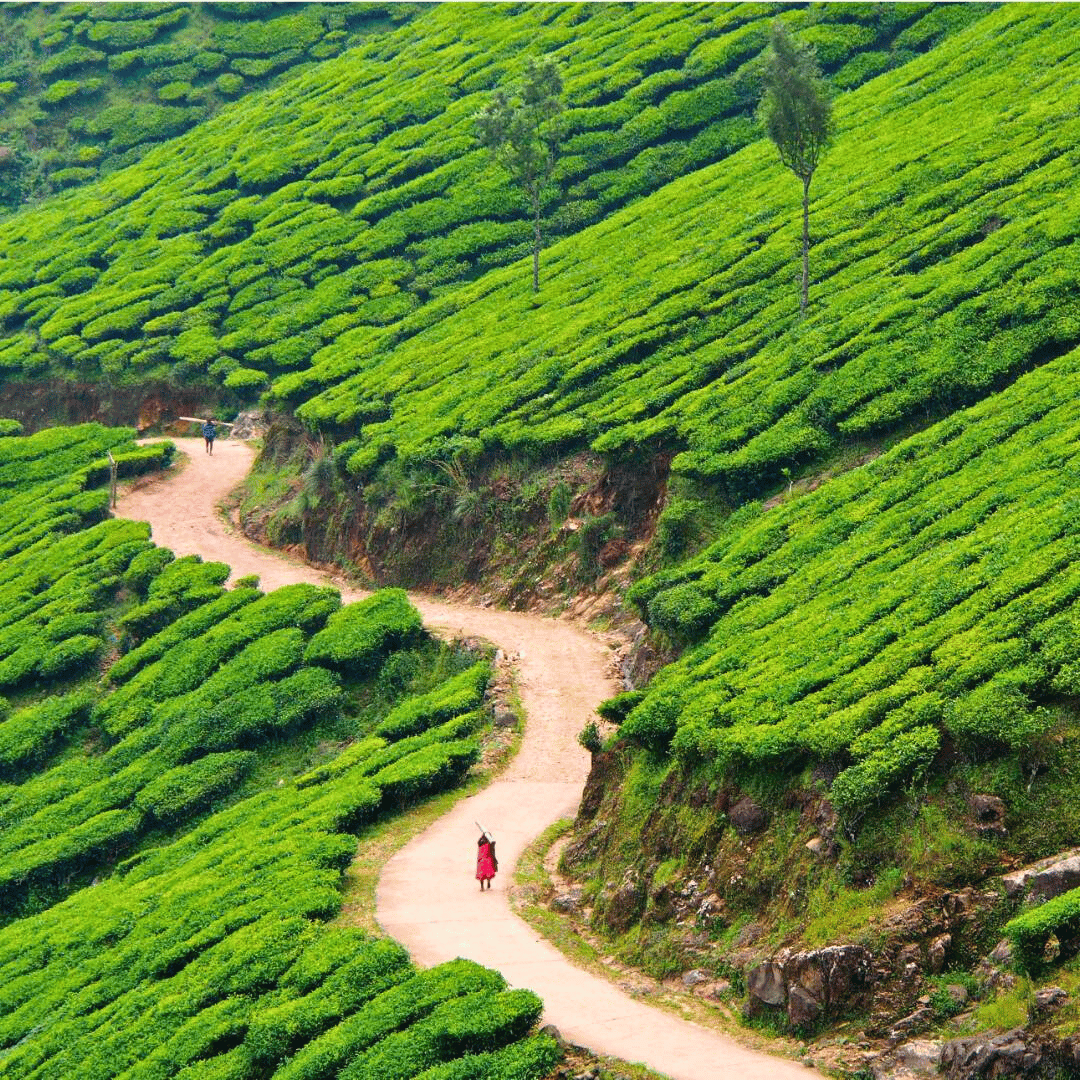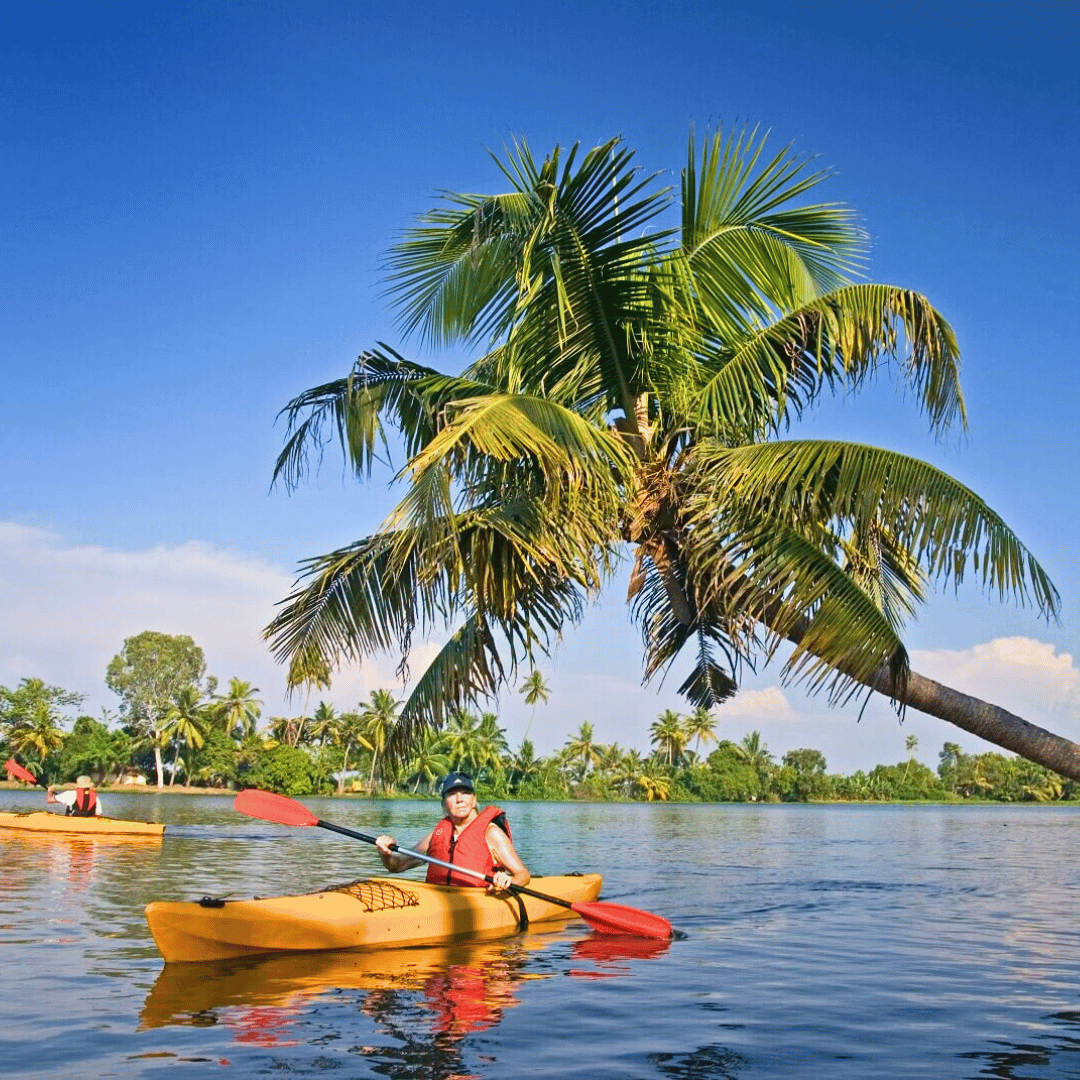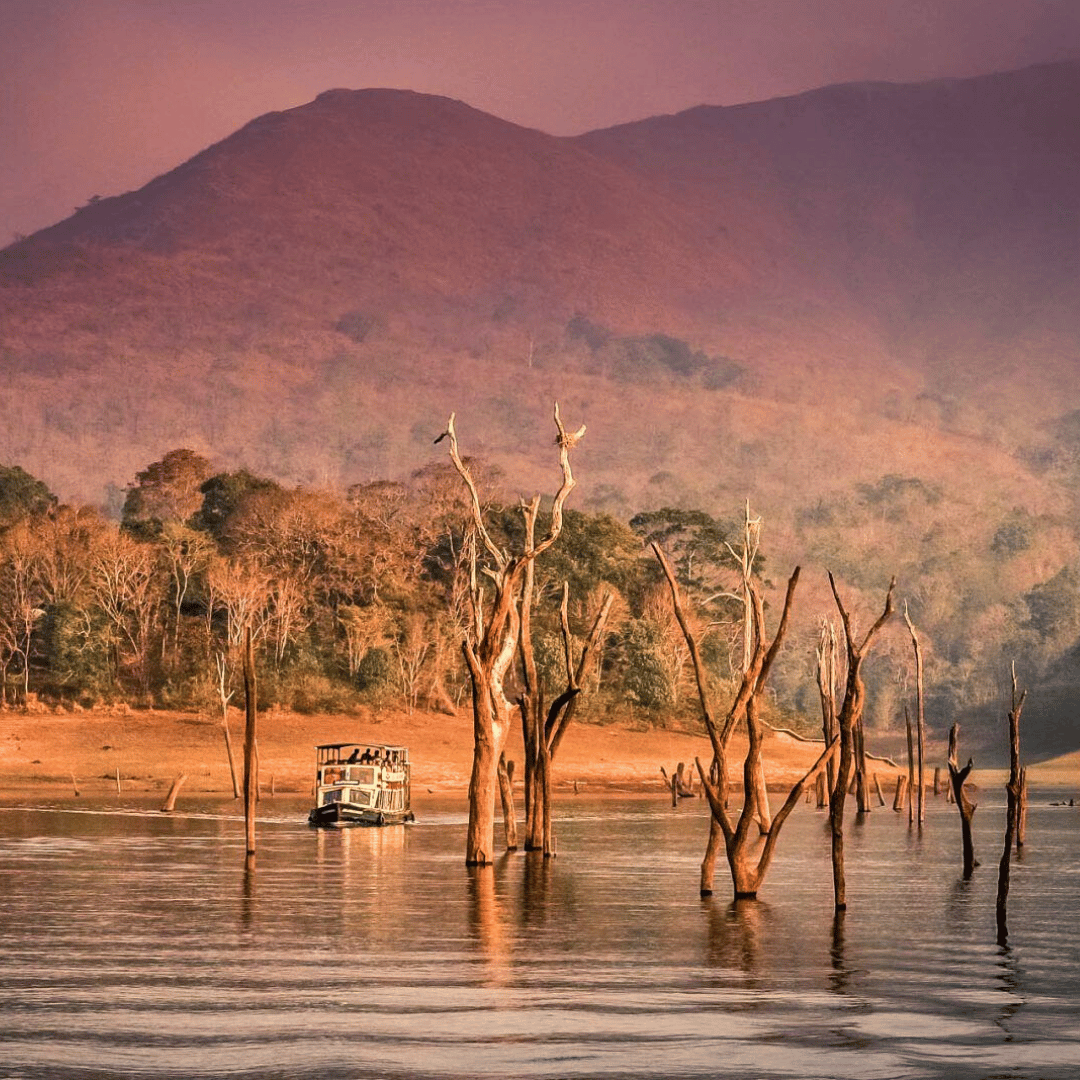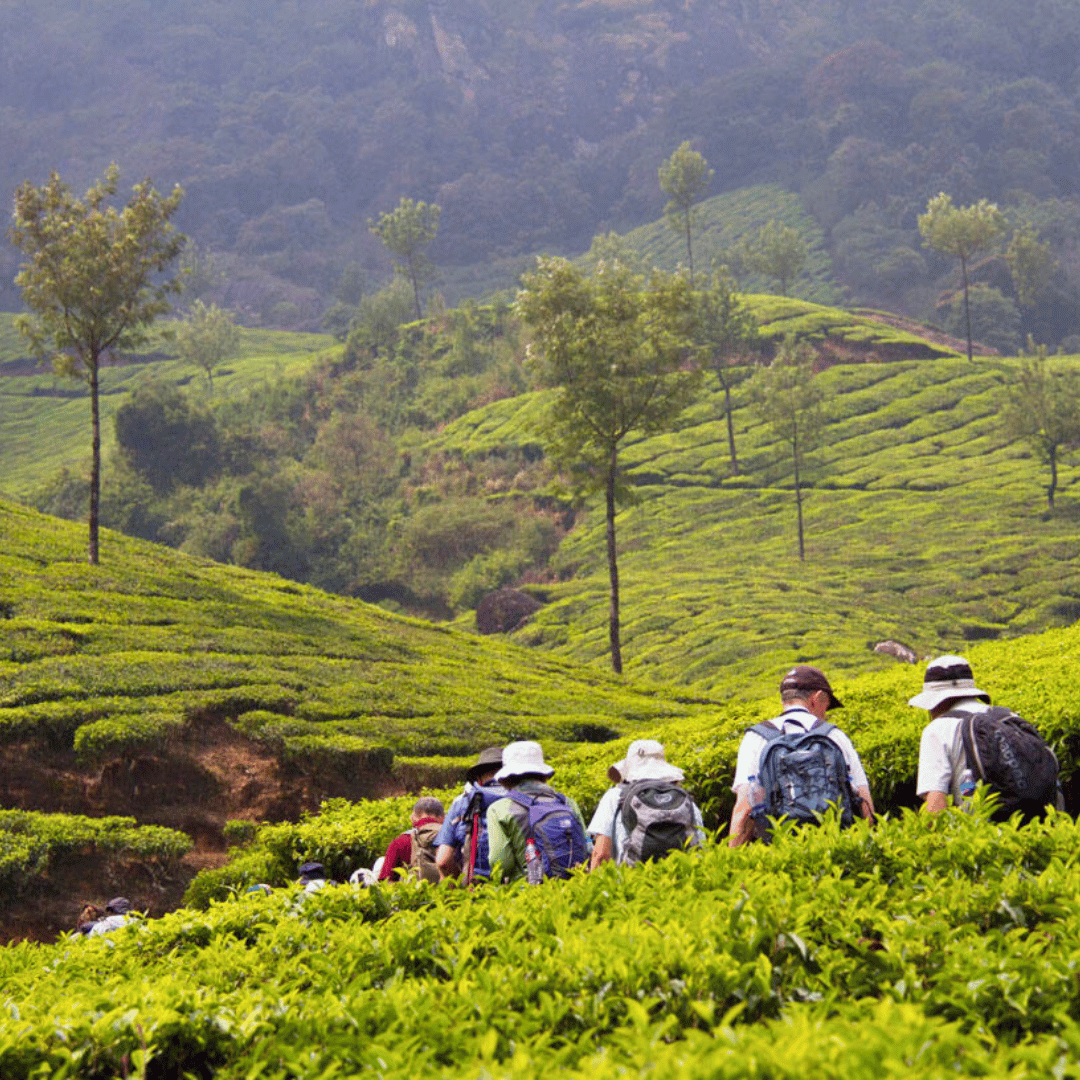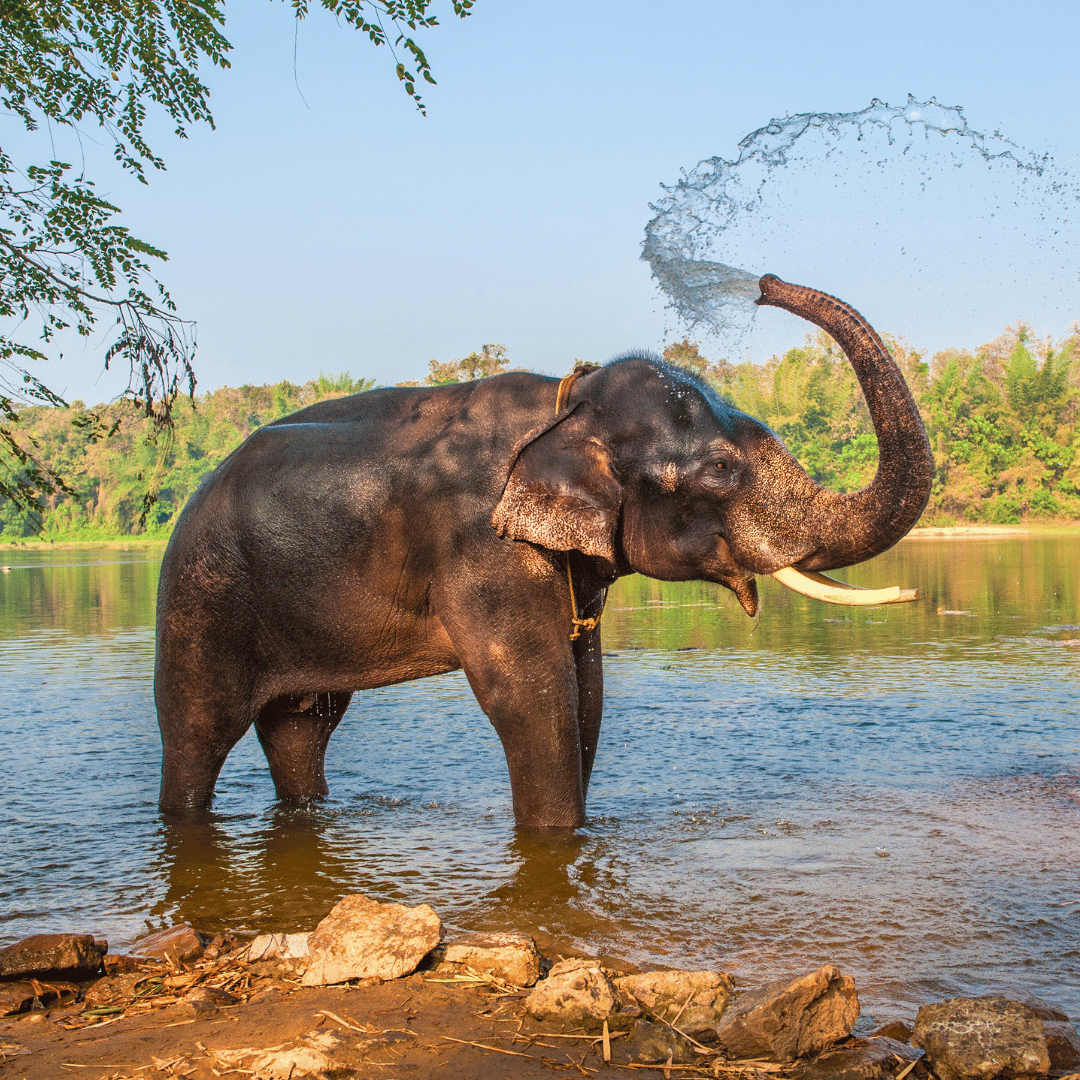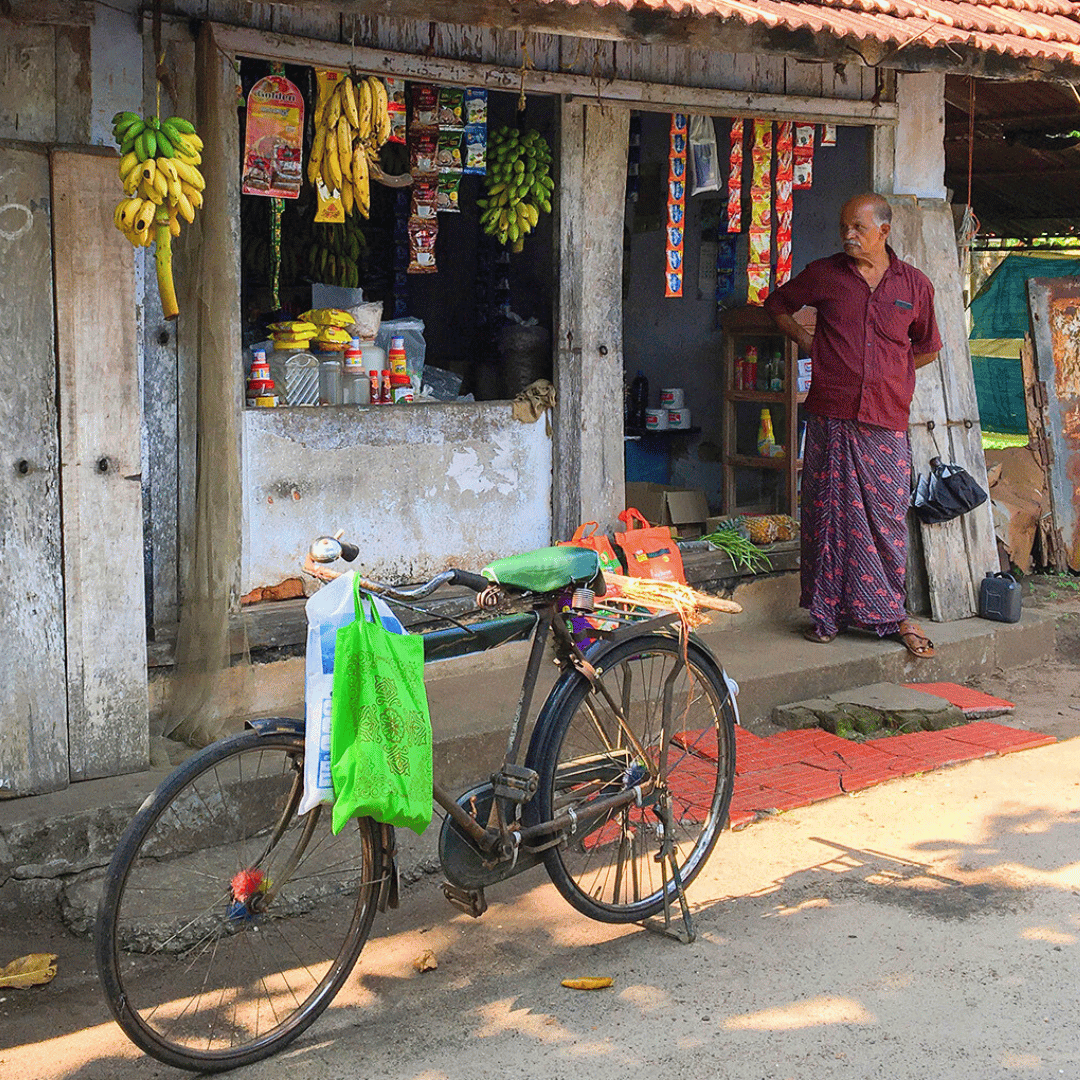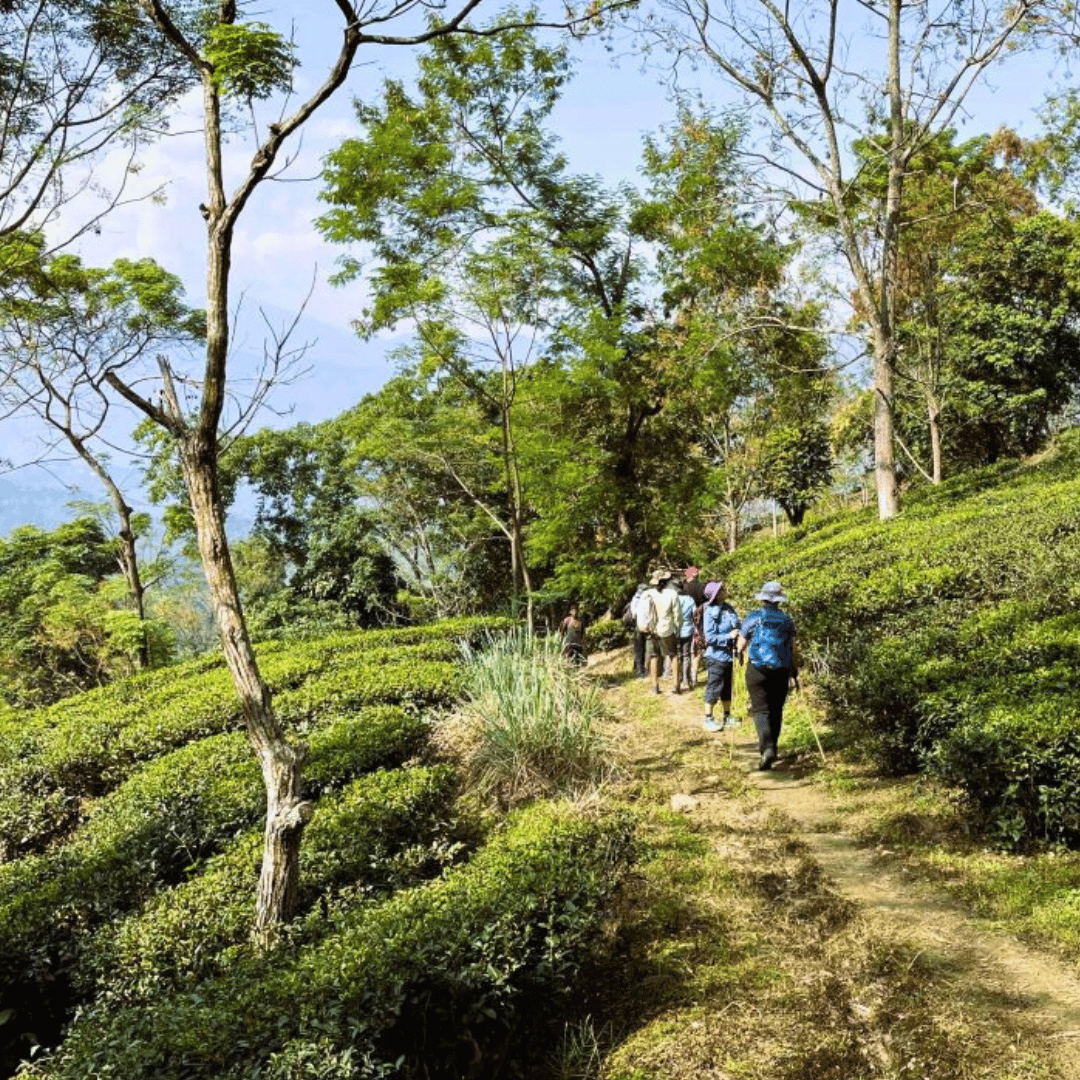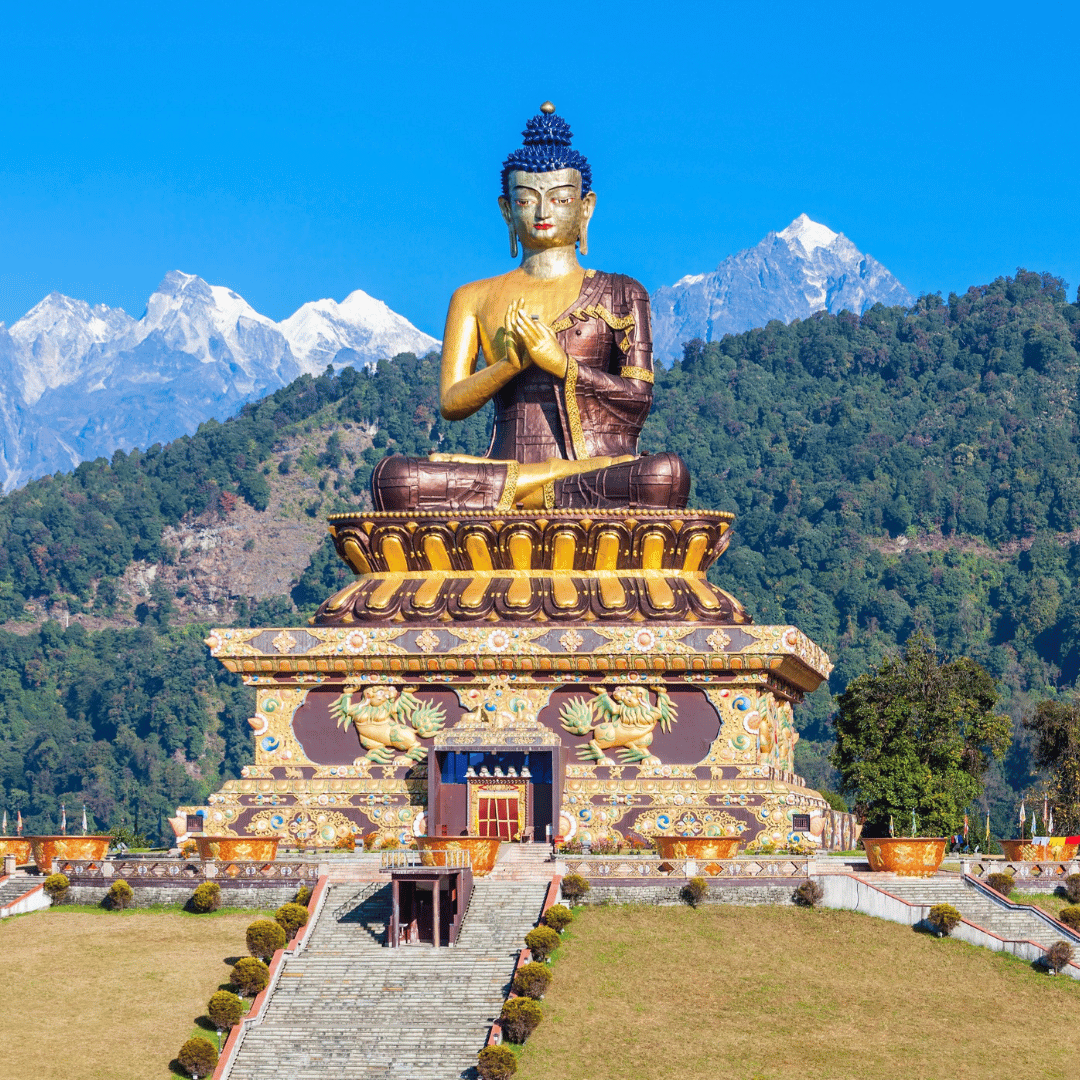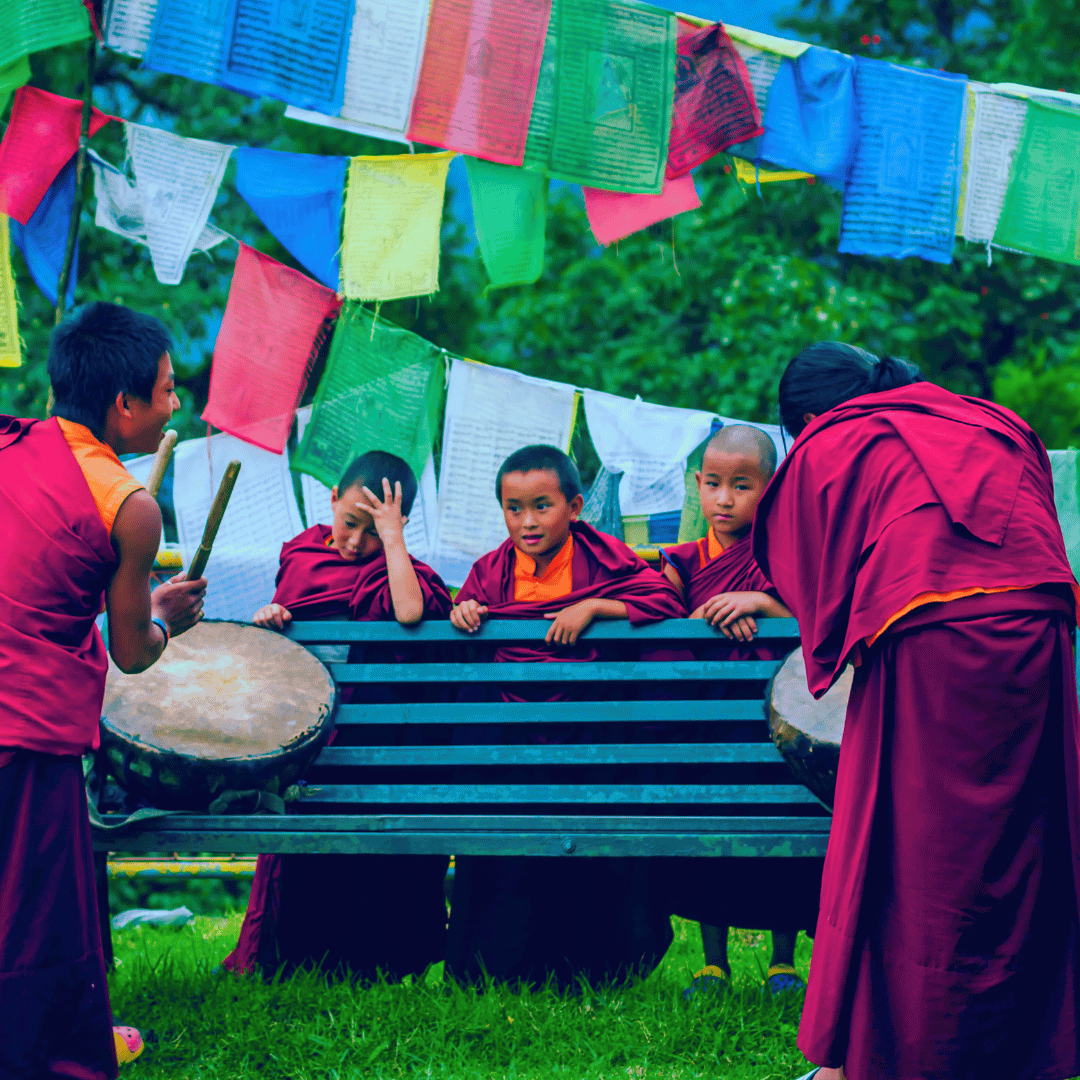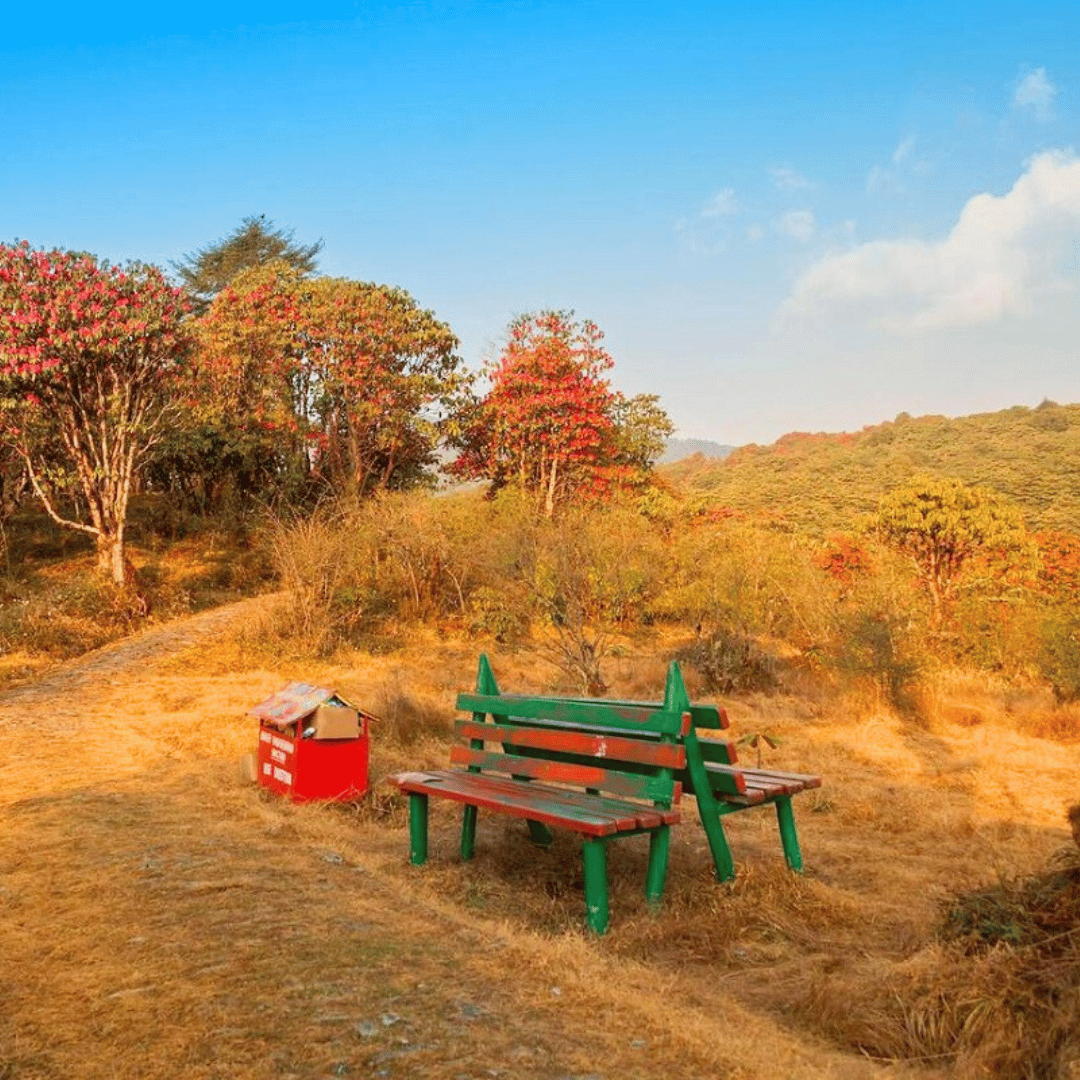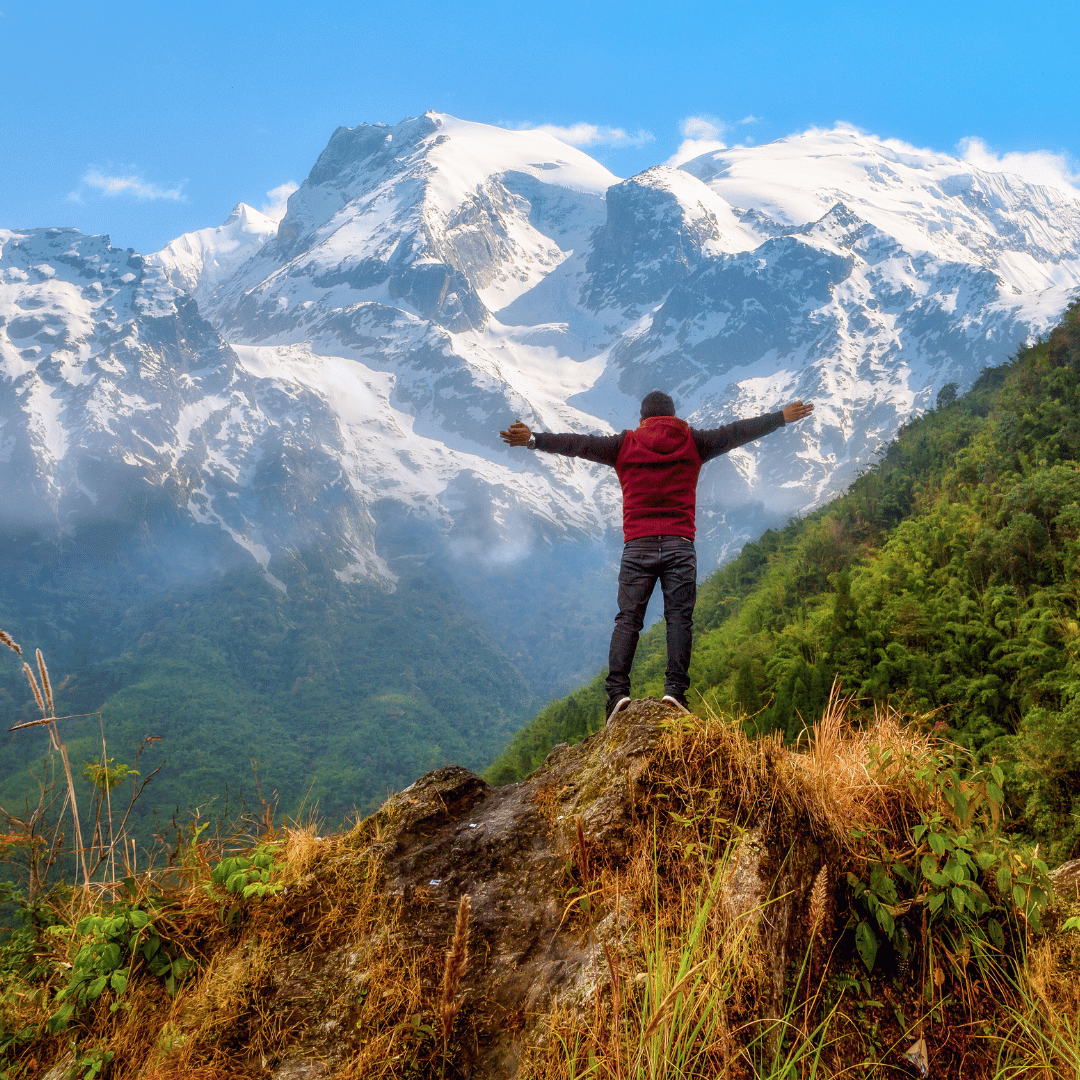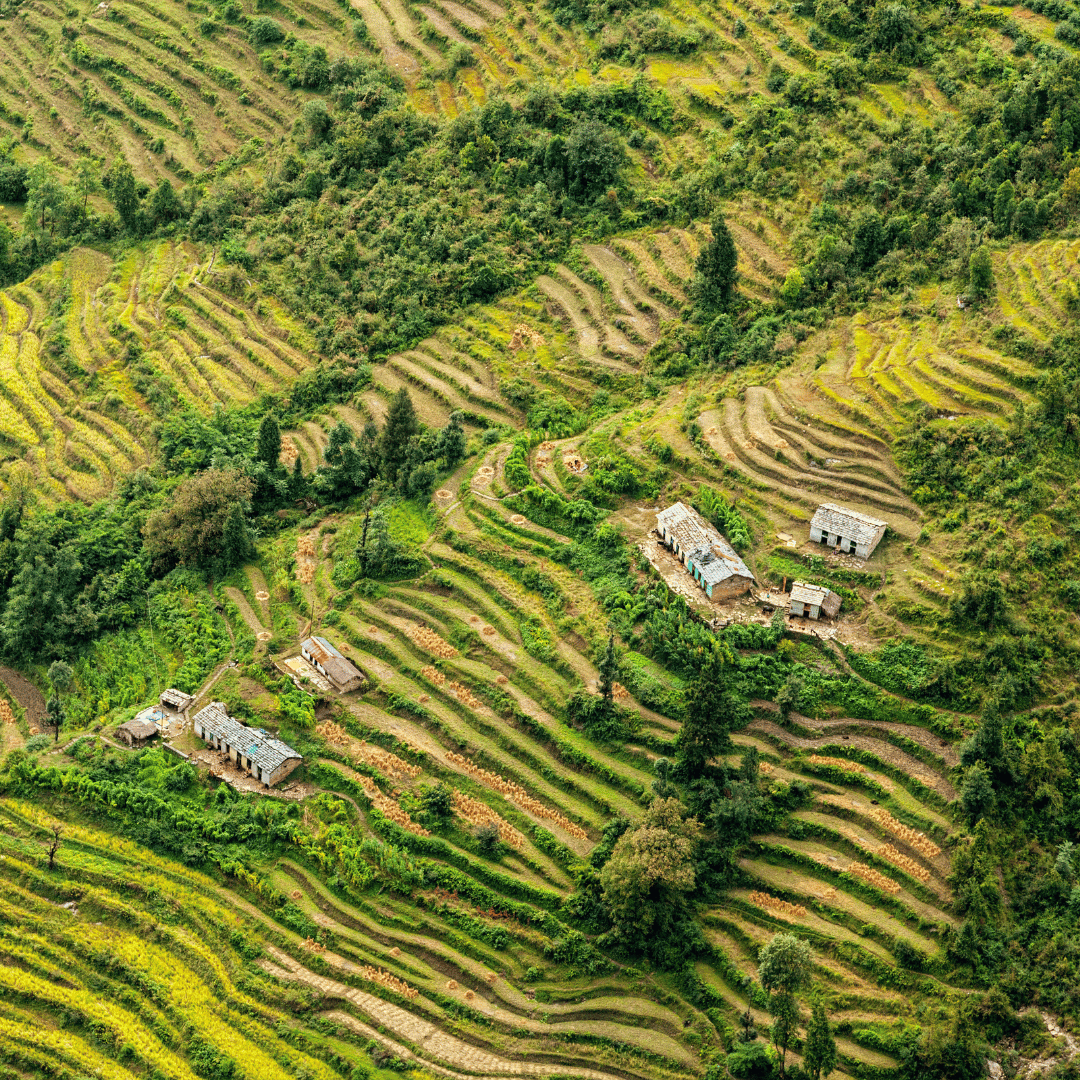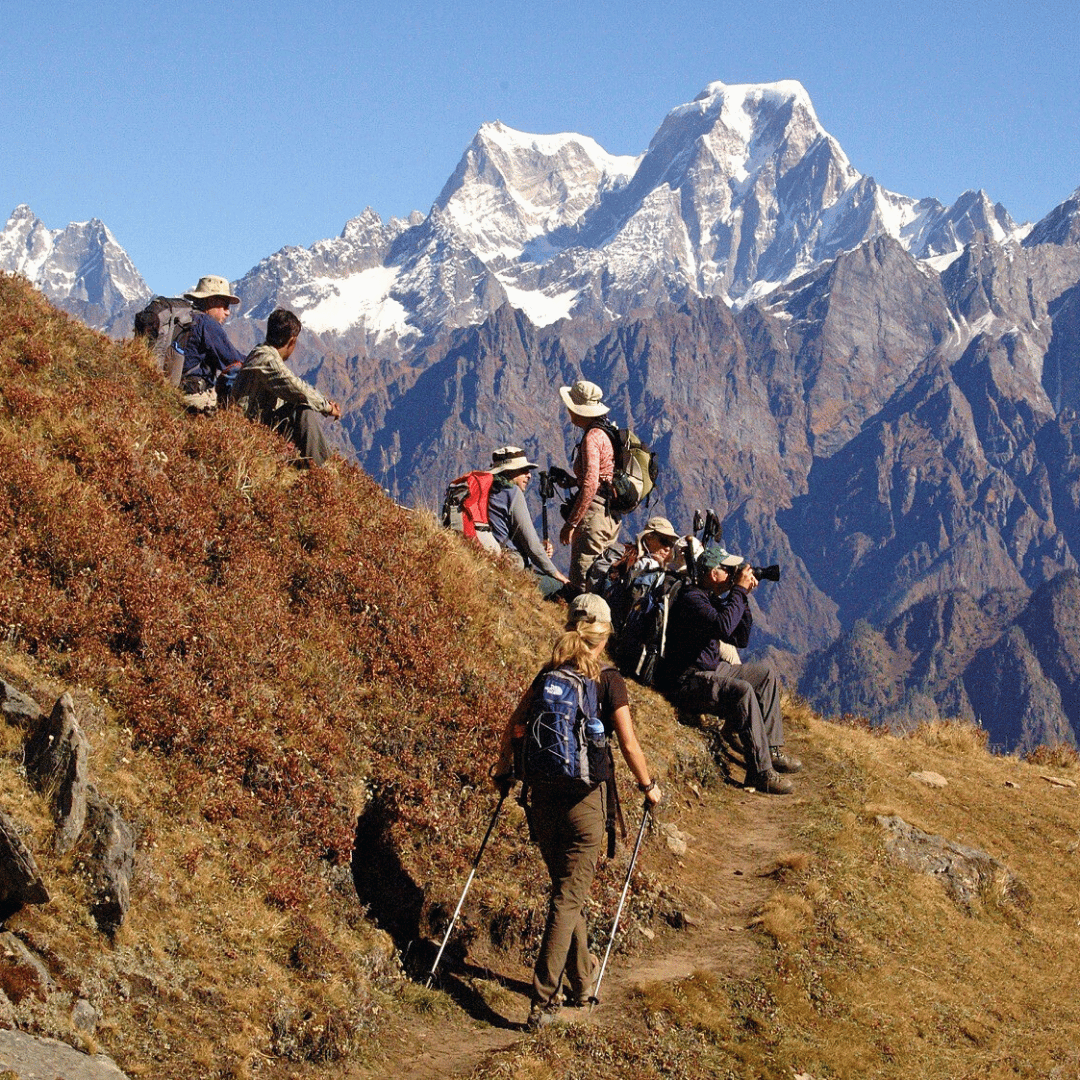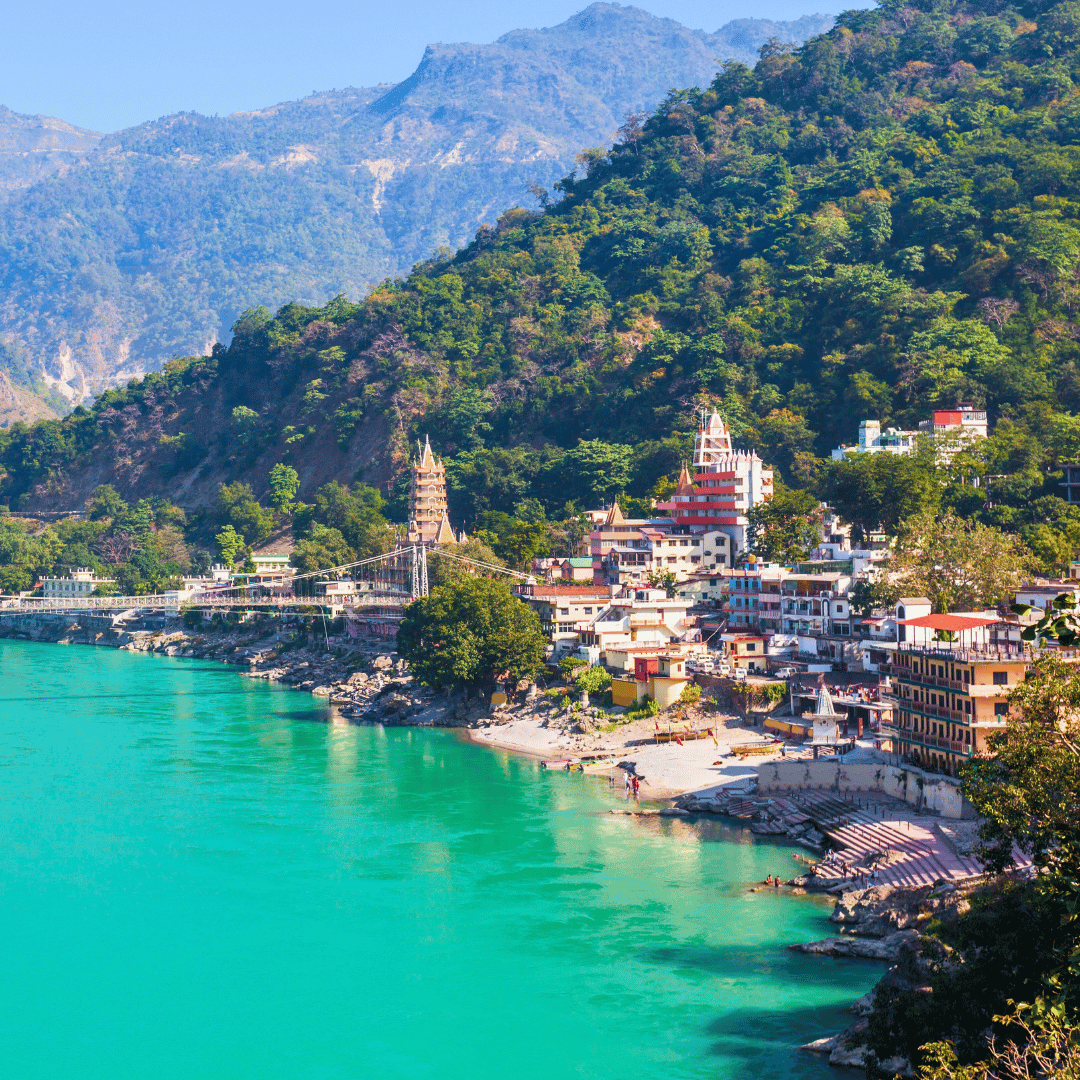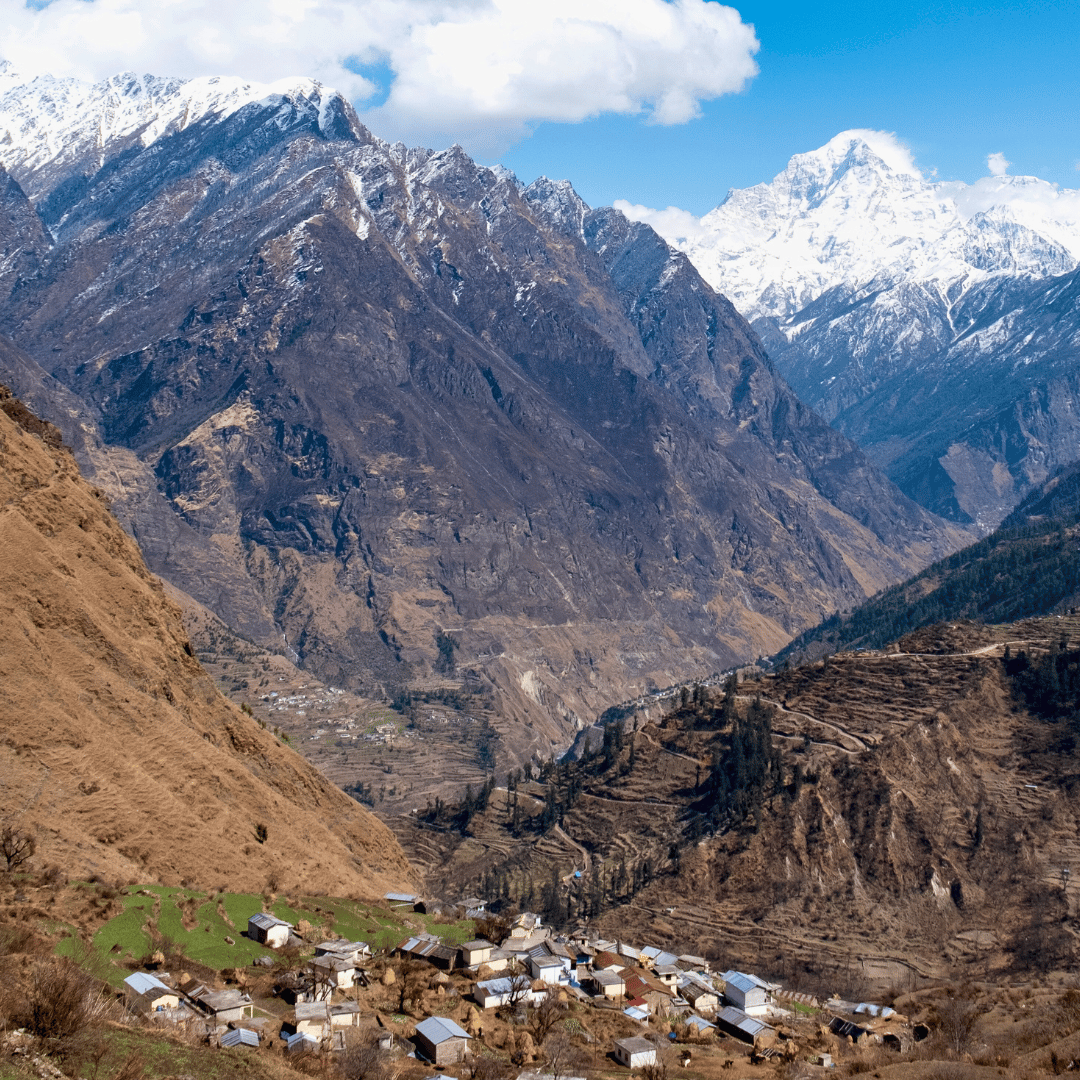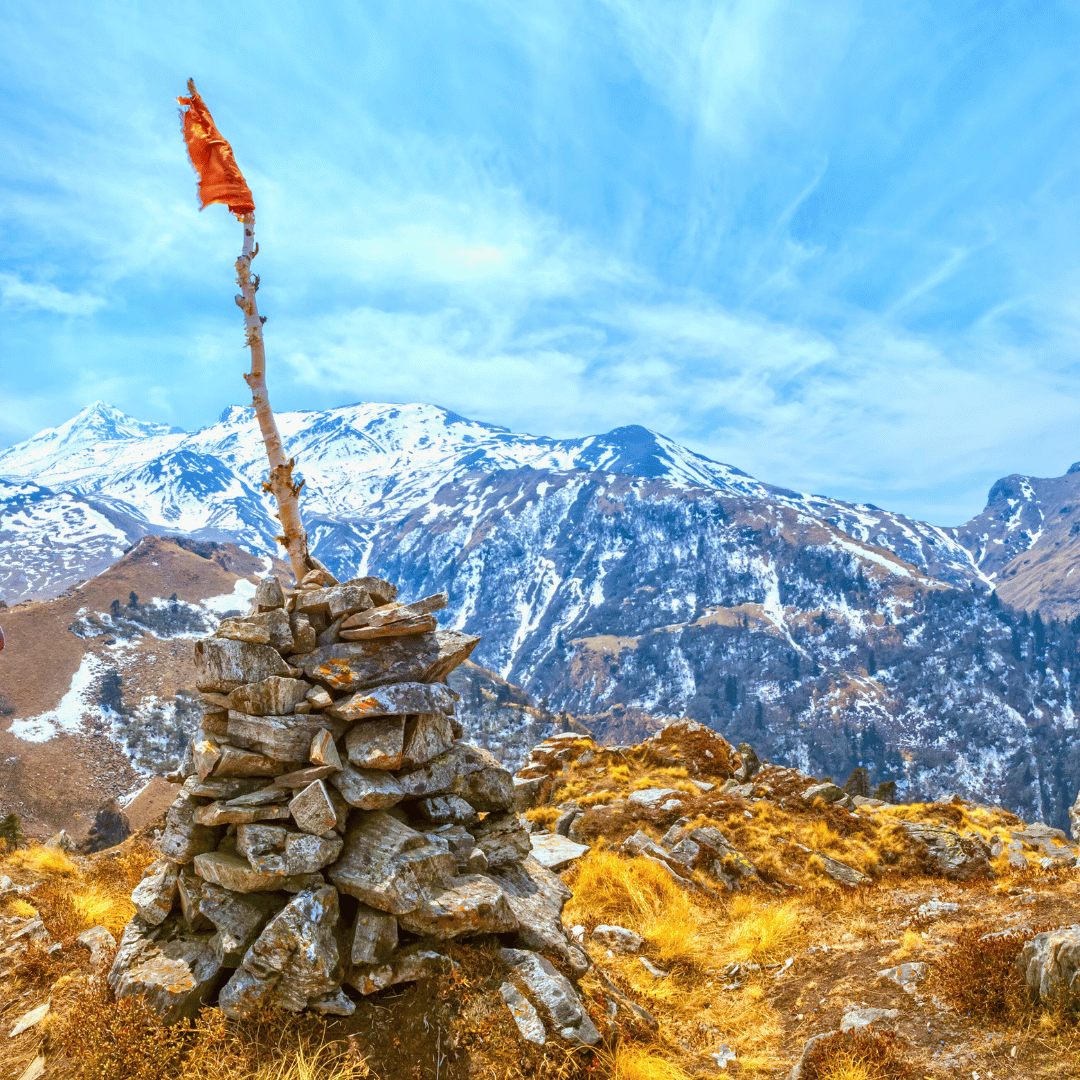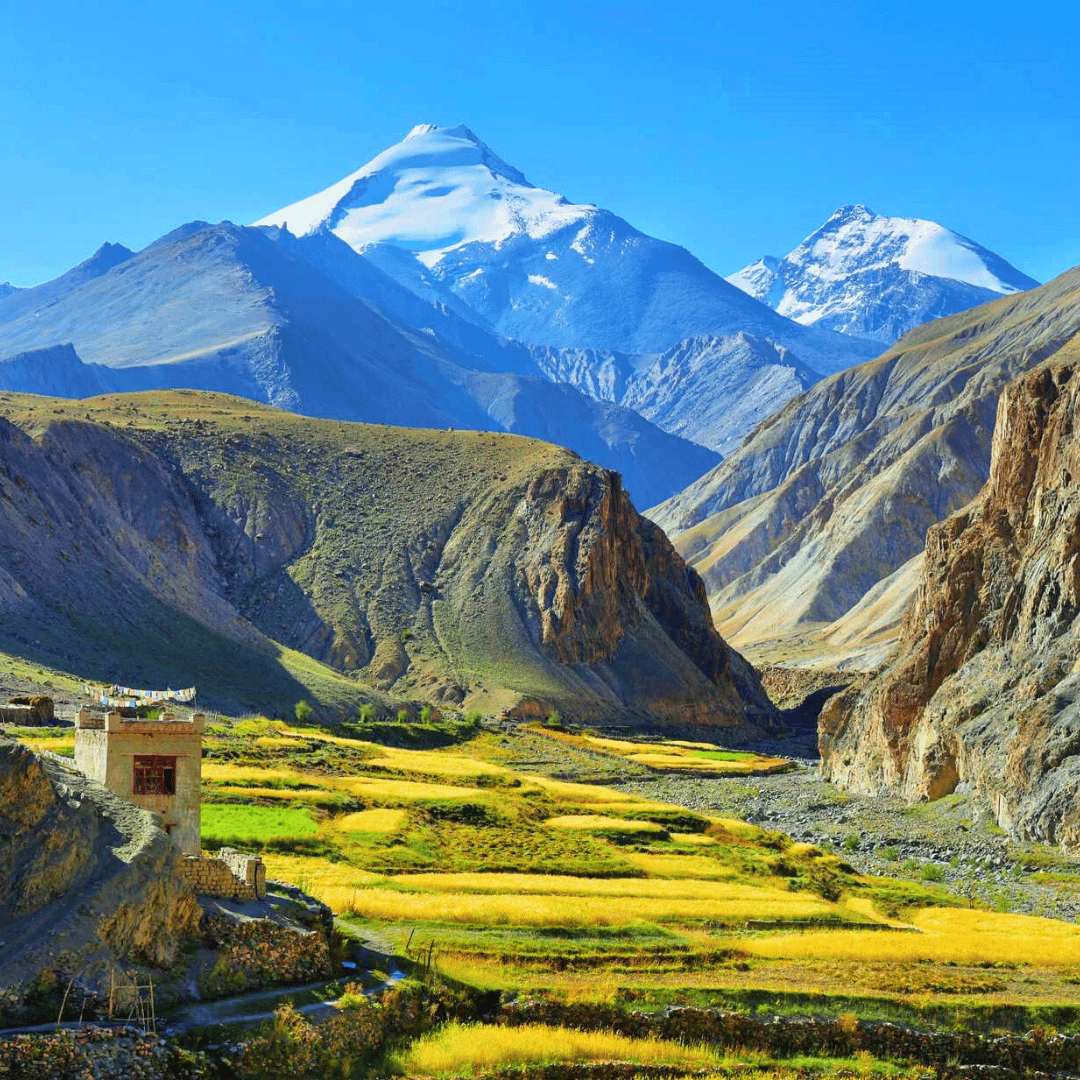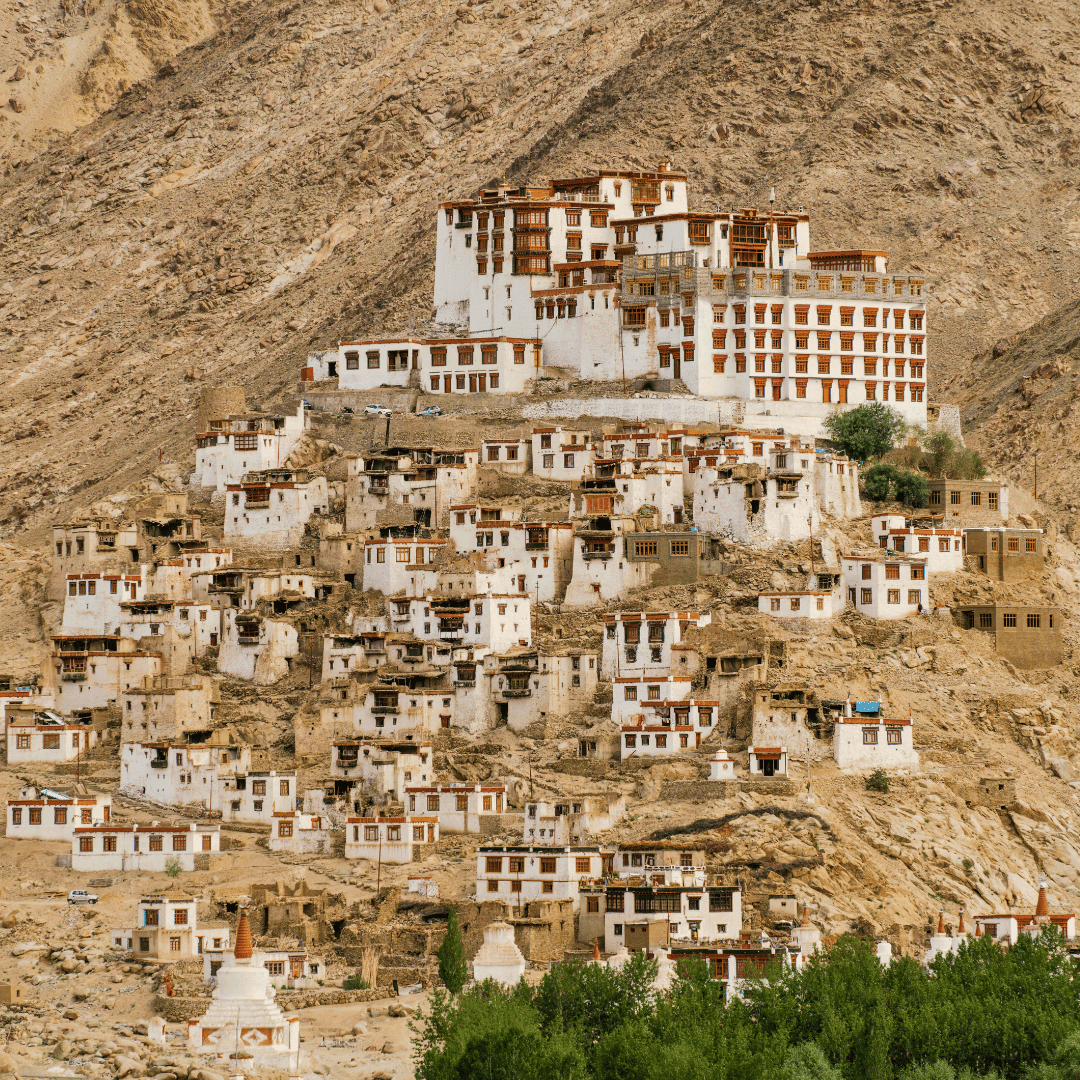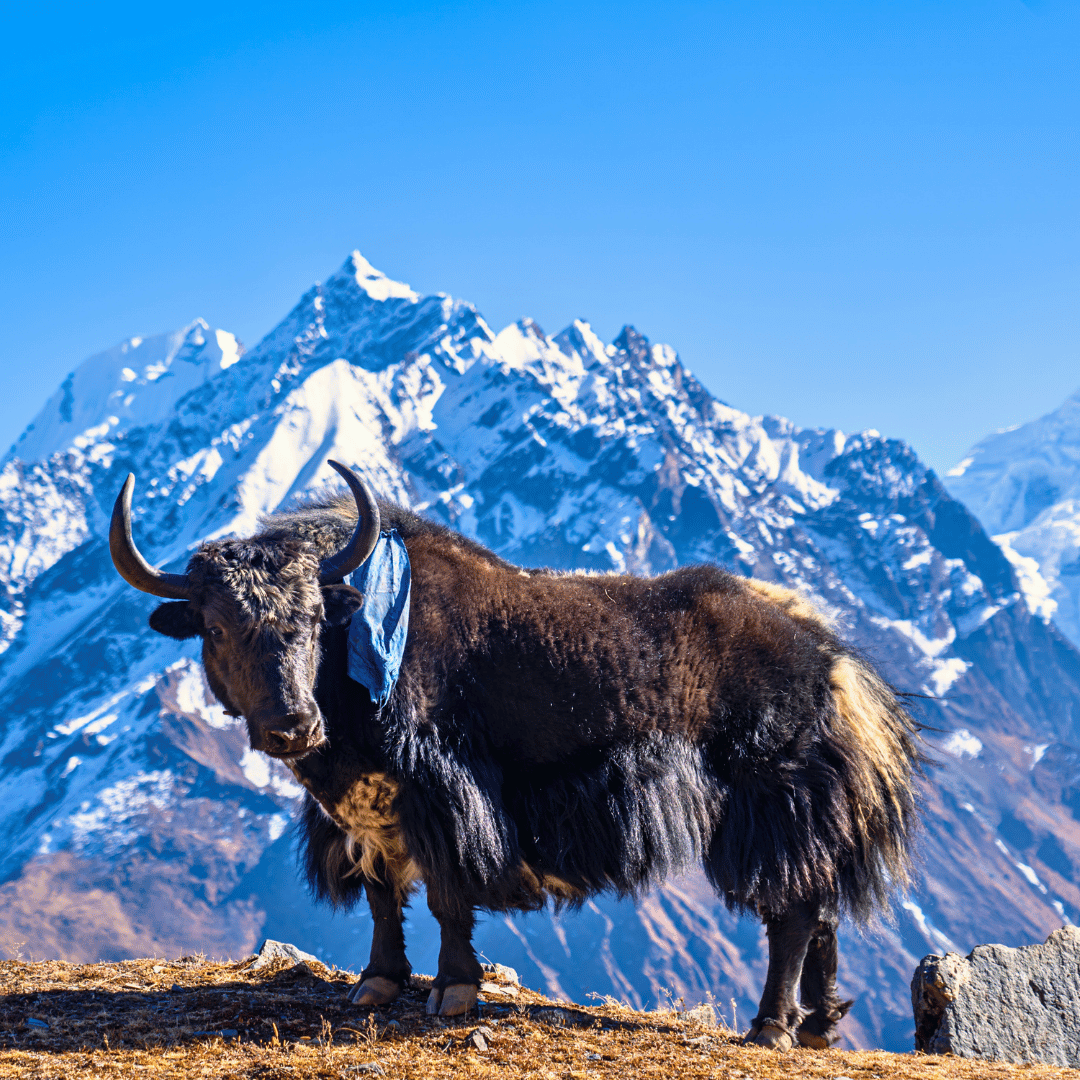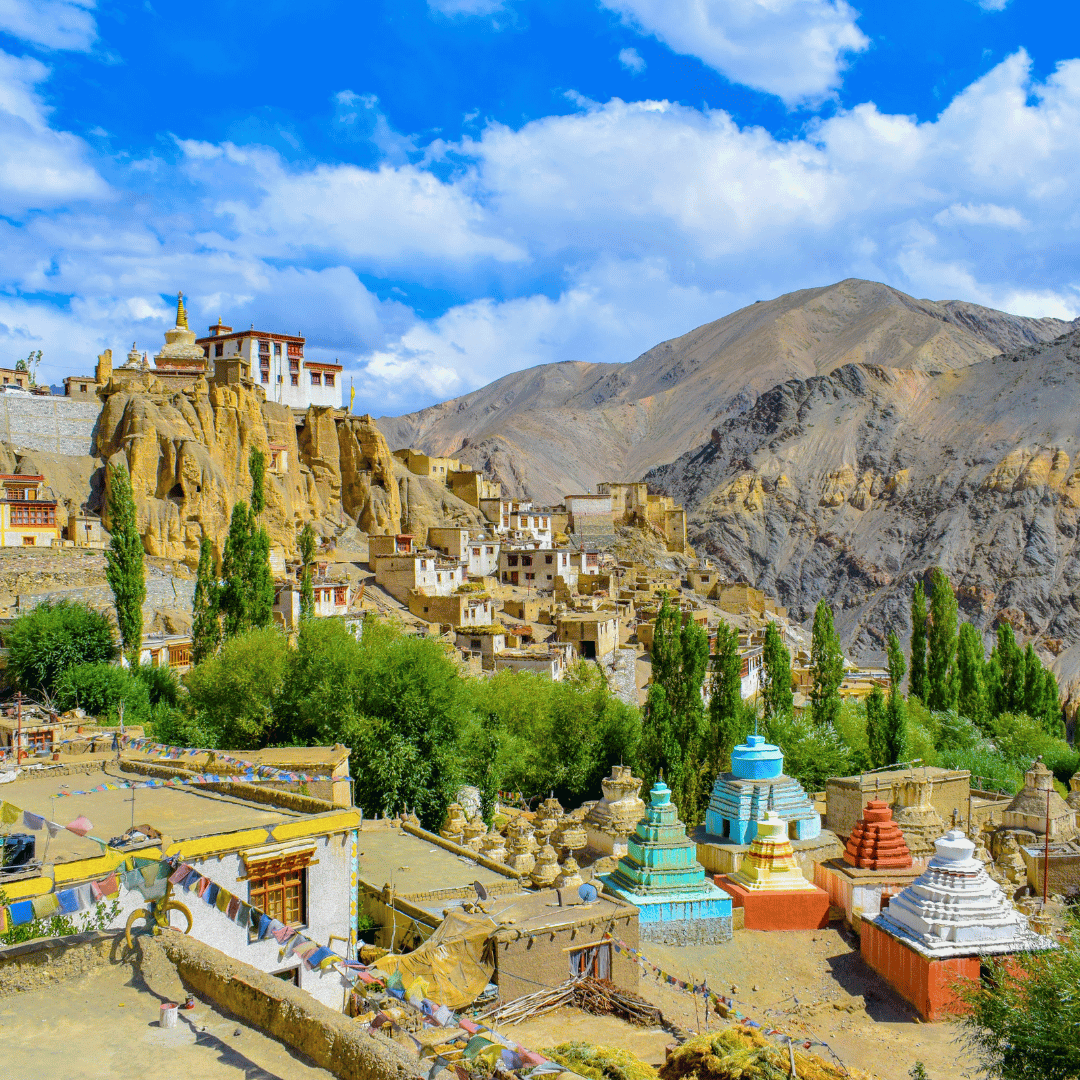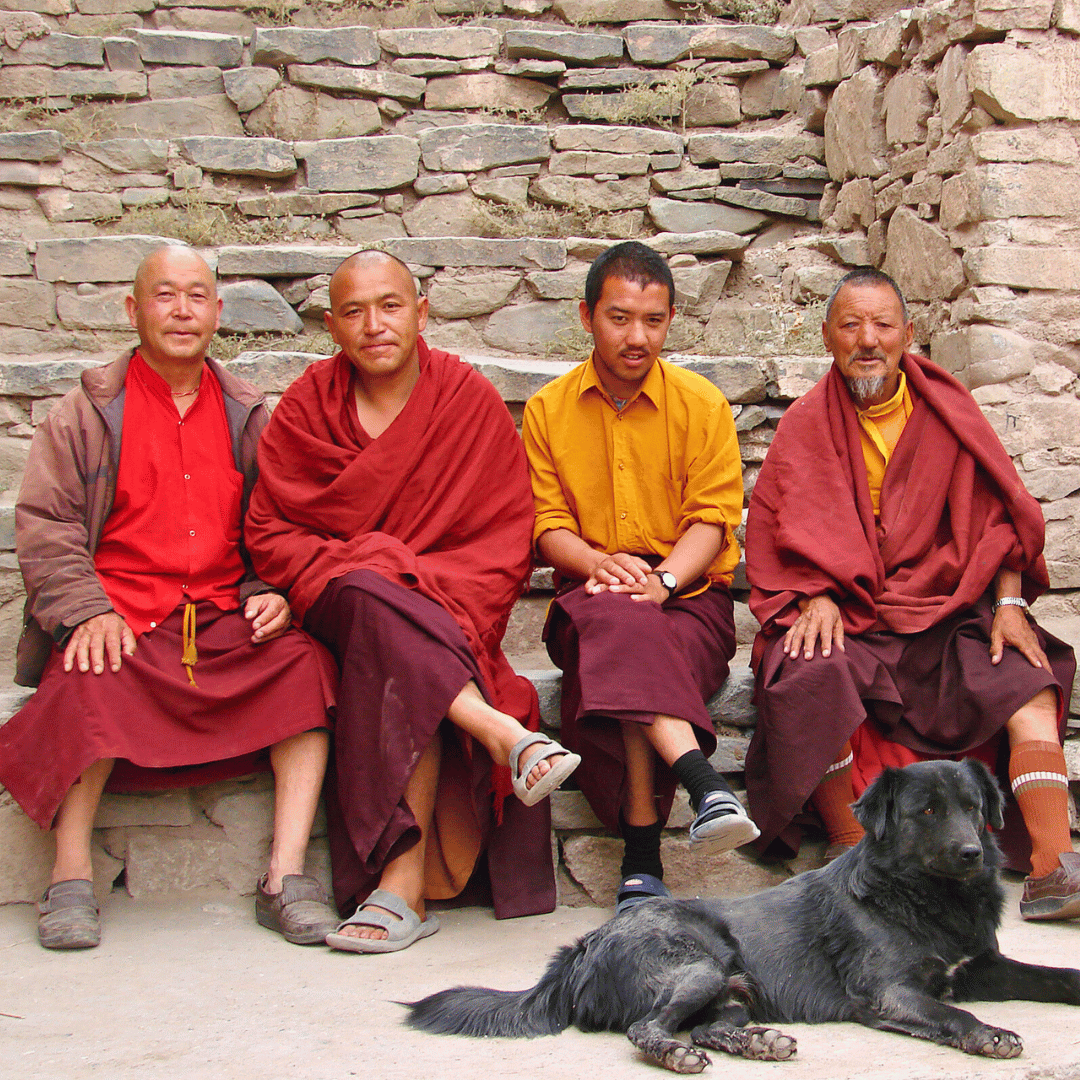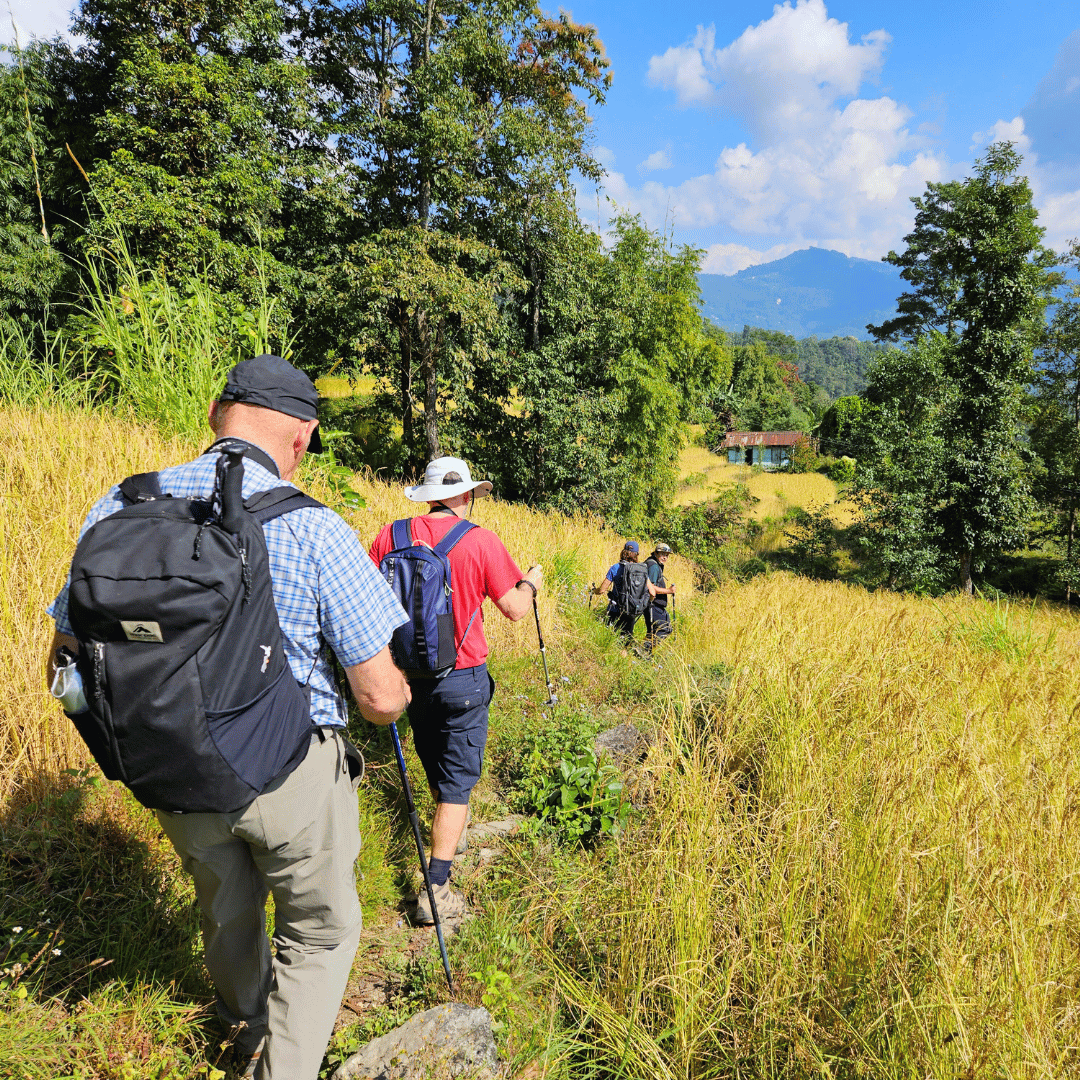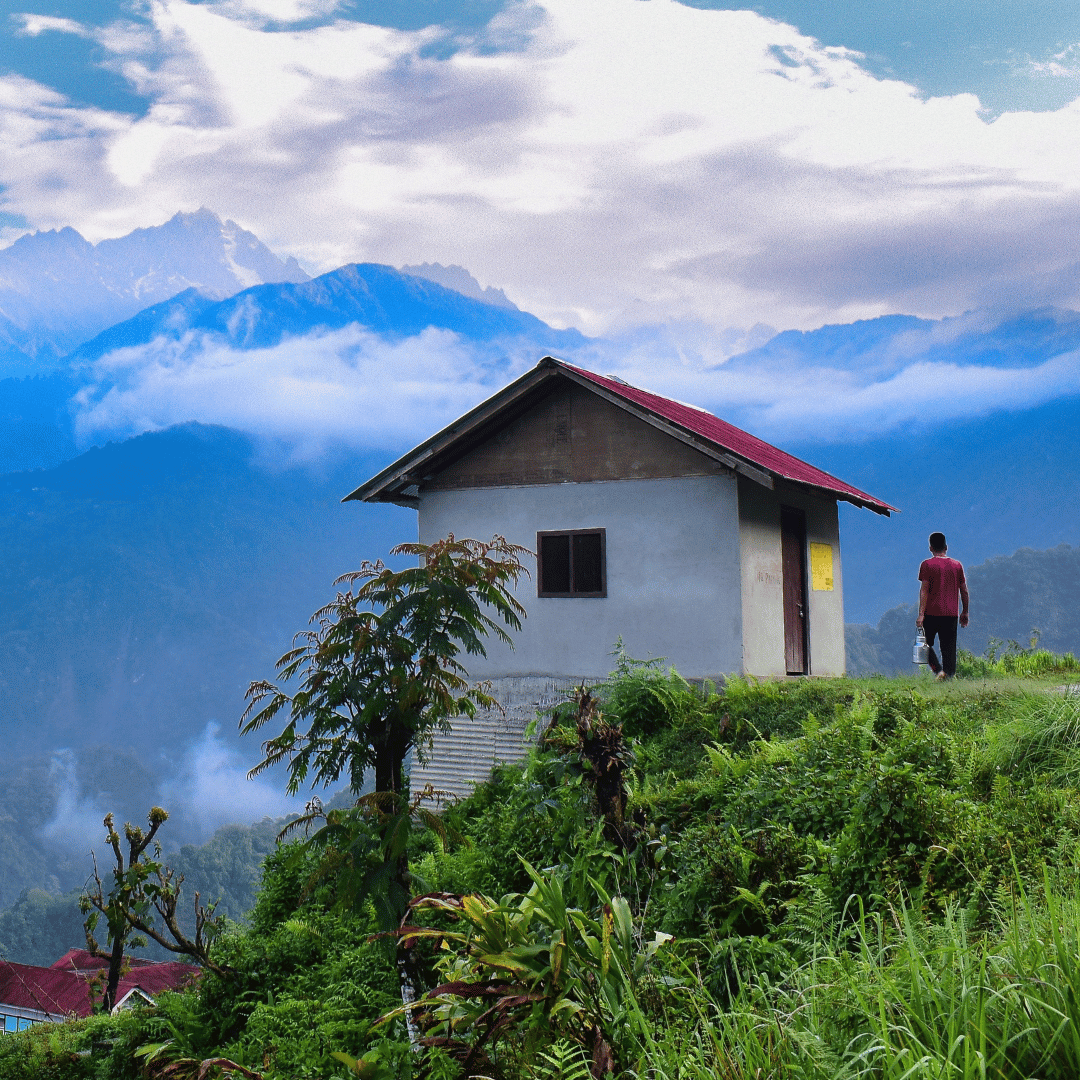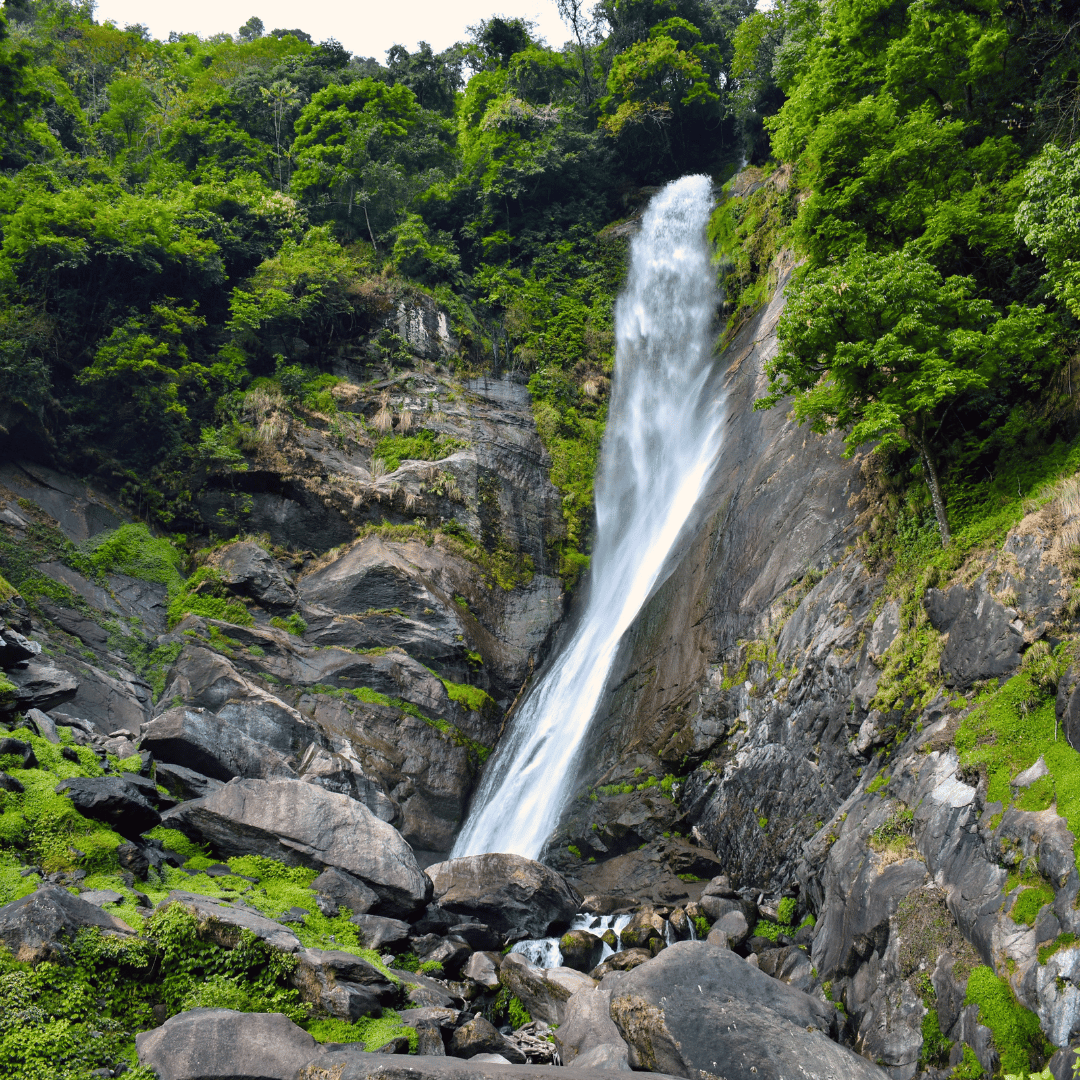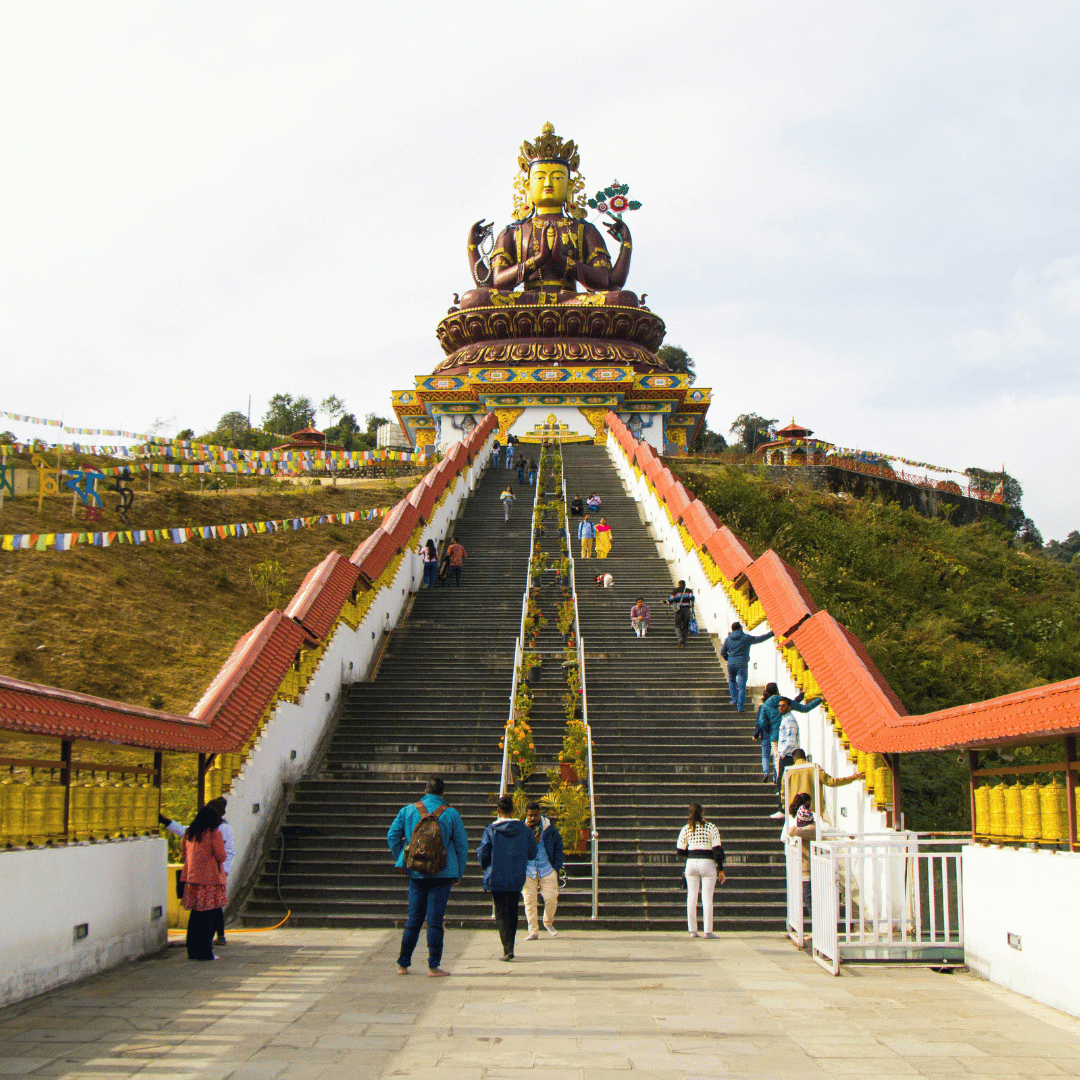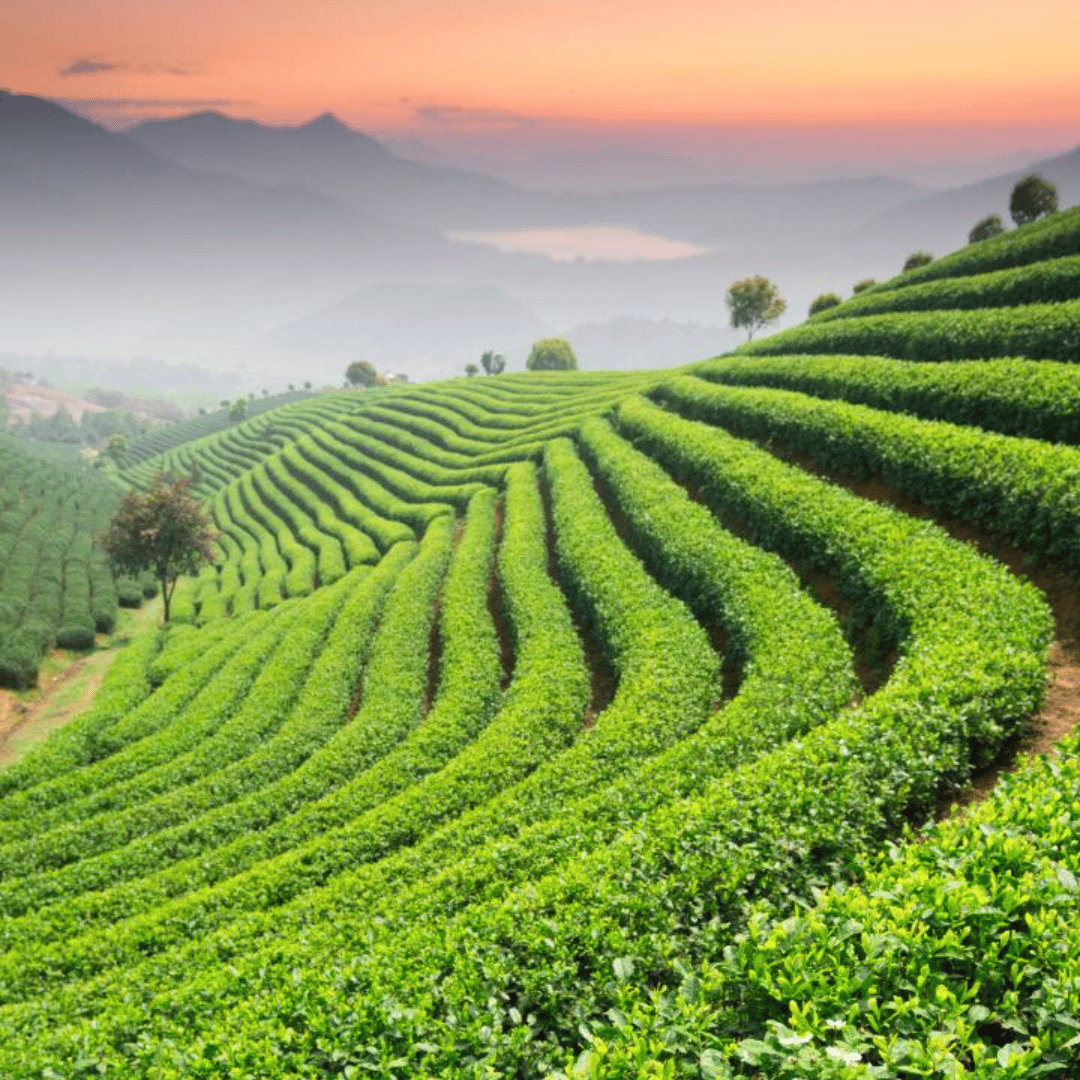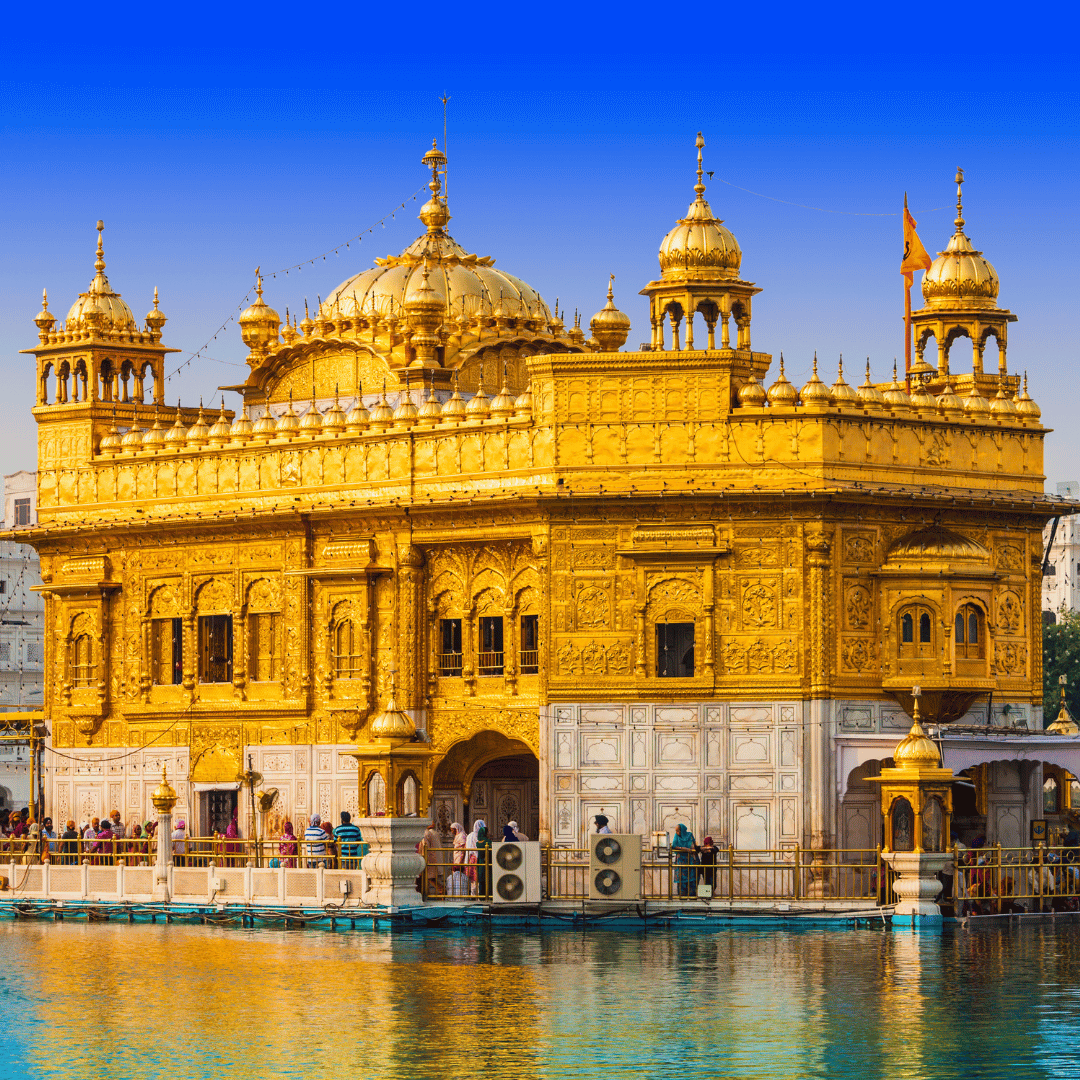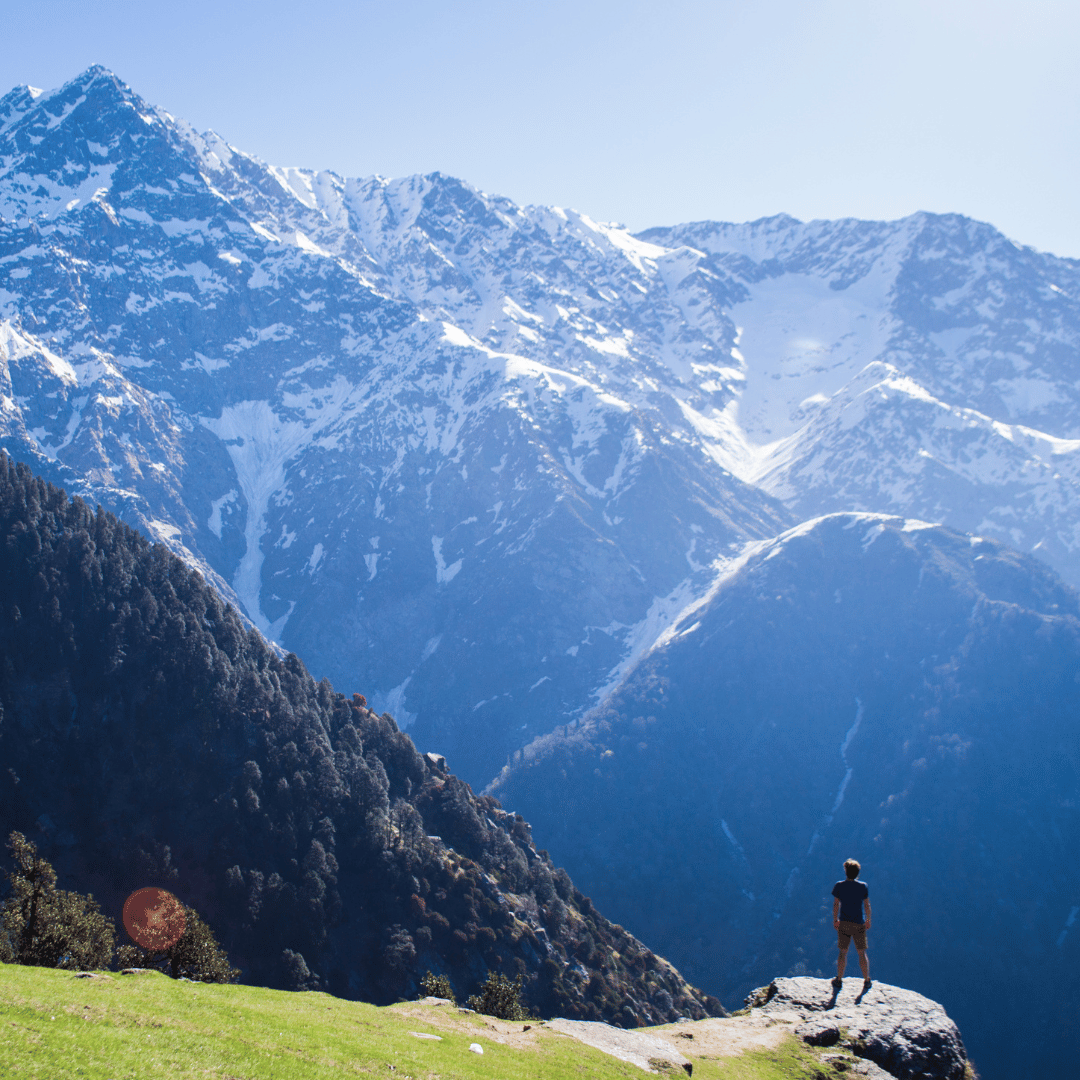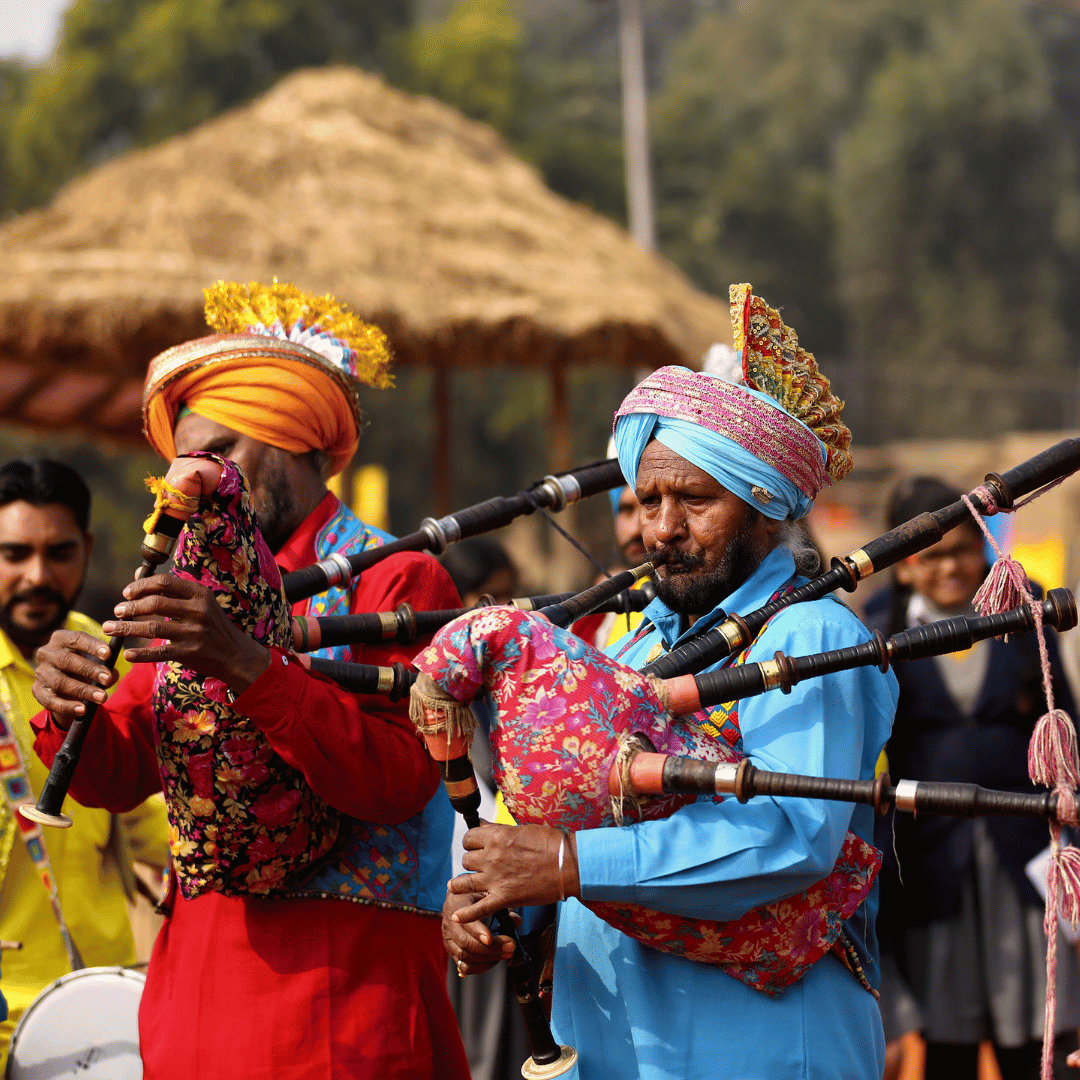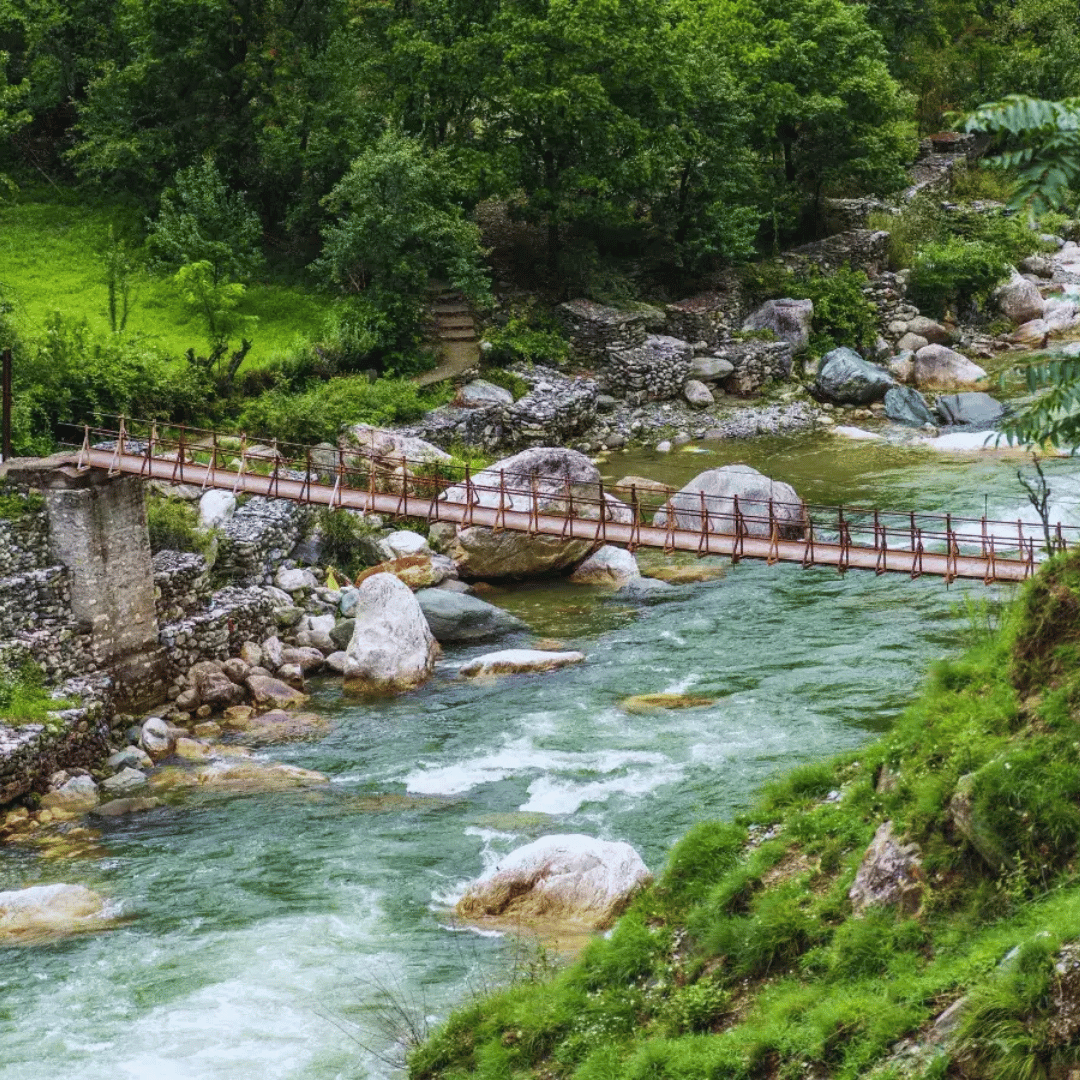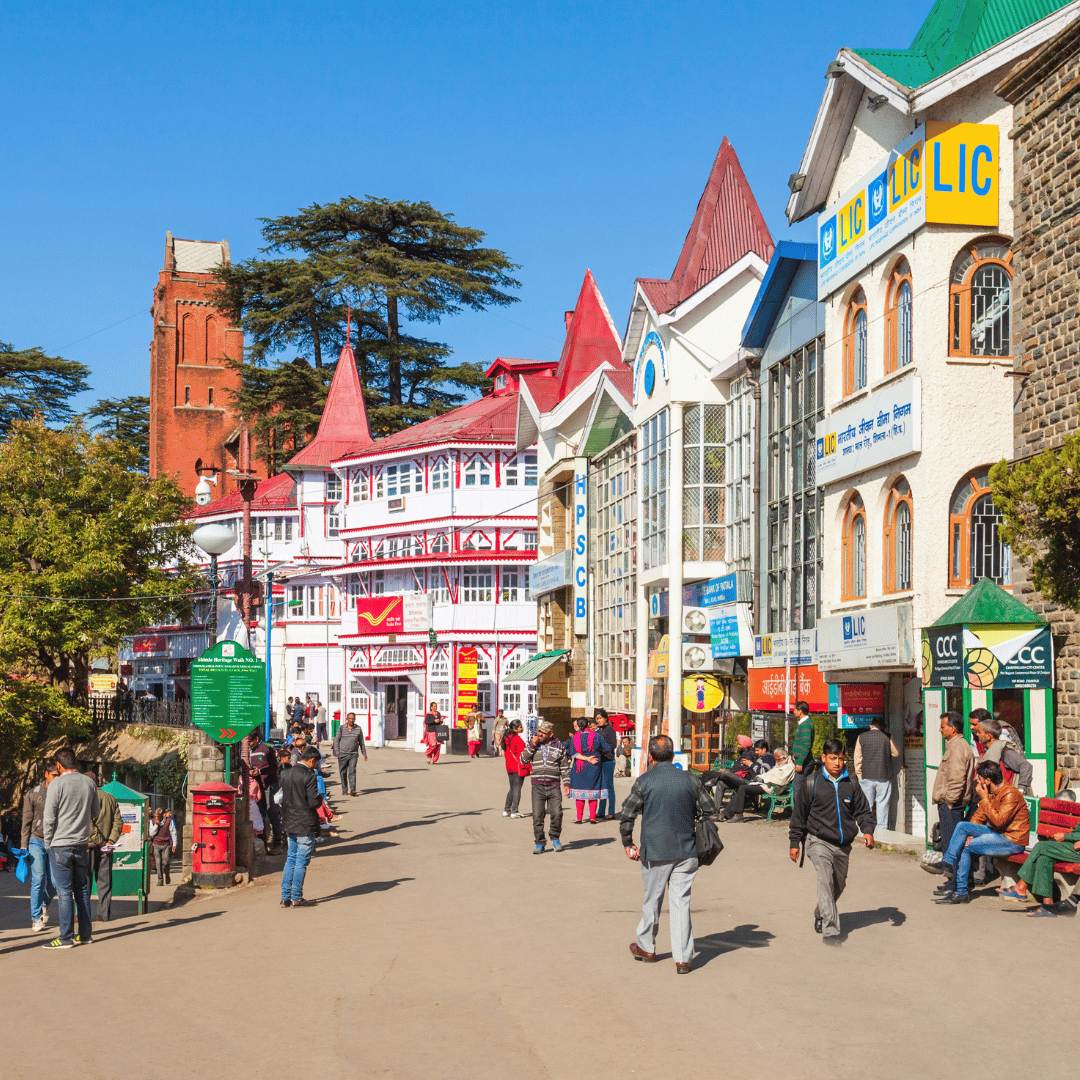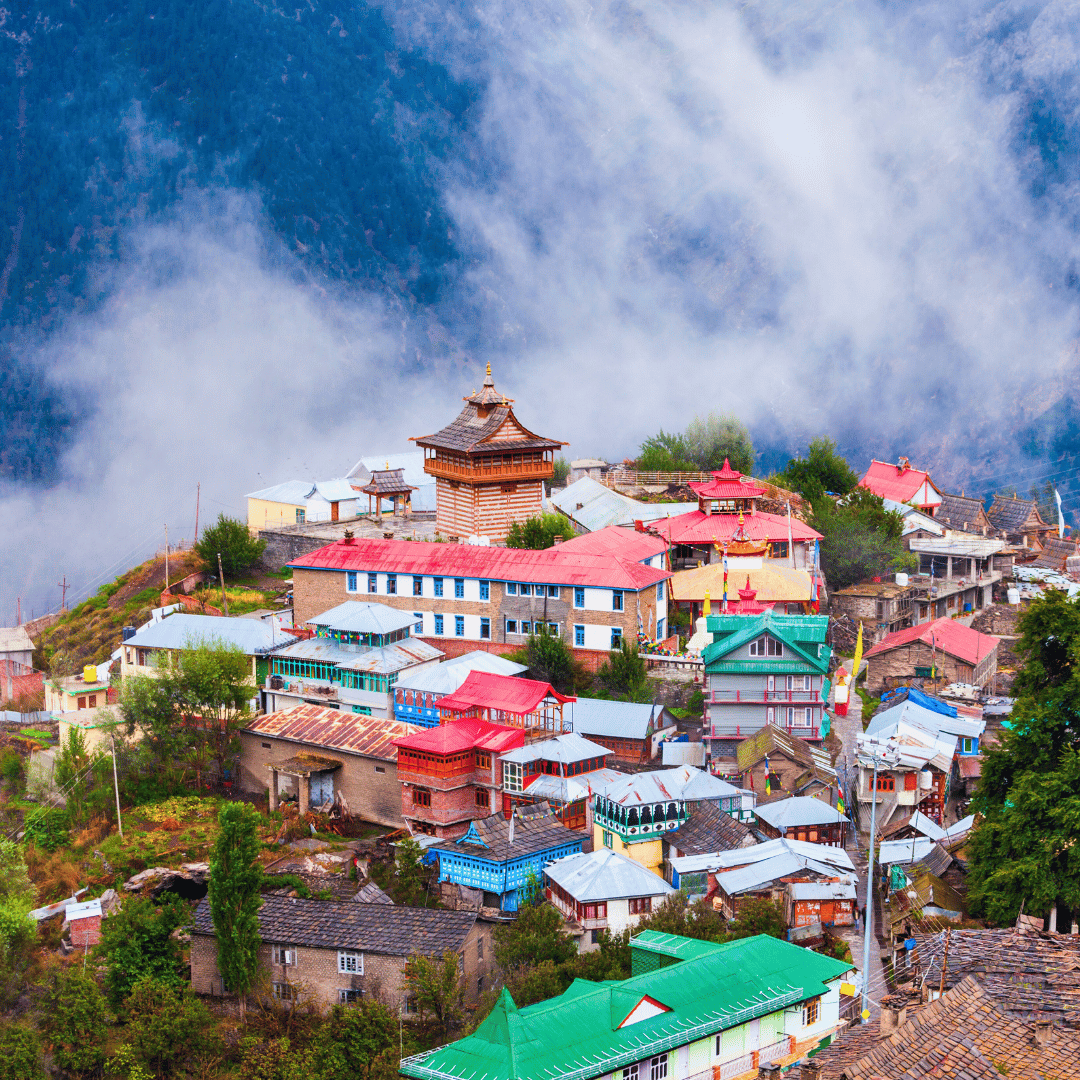Kerala Tour Itinerary
-
Welcome to India! On arrival, you’ll be met and transferred to your hotel. Once you’ve settled in, set off on a guided tour through the backstreets of this culturally diverse city.
Cochin, spread across a cluster of islands and narrow peninsulas, is a fascinating blend of history and modernity. Its winding streets are lined with shady trees, colonial-era Portuguese houses dating back 500 years, and a thriving contemporary art scene. Ferryboats crisscross the waterways, adding to the city’s charm and daily rhythm.
Explore the bustling spice market, where the air is rich with the scent of cardamom, cloves, and pepper. Visit the fishing harbour to see the iconic Chinese fishing nets in action, a testament to Cochin’s maritime heritage. In the evening, immerse yourself in Kerala’s artistic traditions with a Kathakali dance performance, a dramatic and visually striking form of storytelling through dance and elaborate facial expressions.
-
Set off early in the morning to reach an elephant kraal, where you’ll have the unique opportunity to assist the mahouts in bathing these gentle giants. Watch as they are carefully scrubbed and cooled in the water, a daily ritual that strengthens the bond between the elephants and their caretakers.
After breakfast, hop on a bicycle and begin your ride towards the Western Ghats, passing through the lush lowland forests of Thattekkad. The journey takes you through Kerala’s picturesque countryside, where you’ll cycle past traditional temples, fragrant spice gardens, vibrant paddy fields, and sprawling rubber plantations. Along the way, soak in the sights, sounds, and scents of rural life as you pedal through this diverse landscape.
By late afternoon, arrive at the banks of the River Periyar, where your accommodation for the night awaits - a comfortable fixed cottage-tent, offering a peaceful retreat in the heart of nature.
-
The Periyar River, the longest in Kerala, flows through a landscape rich in biodiversity. Your camp is set on its banks, just outside Thattekkad, home to Kerala’s first bird sanctuary. This lush reserve is a haven for birdwatchers, with nearly 270 recorded species thriving in its forests, wetlands, and grasslands.
Rise early for a morning visit to the Thattekkad Bird Sanctuary, when bird activity is at its peak. Walk through the dense foliage and keep an eye out for common sightings such as nightjars, drongos, and woodpeckers. If you're lucky, you might also spot rarer species like the Grey-headed Fishing Eagle or the Malabar Grey Hornbill, both of which are native to the Western Ghats. With the sounds of birdsong filling the air and the forest bathed in soft morning light, this is a perfect opportunity to experience Kerala’s incredible birdlife up close.
-
Set off on a scenic three-hour drive from Thattekkad to Munnar, a charming hill town nestled at 1,800m in the Western Ghats. The journey takes you through winding mountain roads, passing lush valleys, dense forests, and cascading waterfalls. Along the way, you’ll see tea plantations stretching across the hills, with neatly manicured rows of vibrant green leaves covering the slopes.
On arrival in Munnar, visit the Tea Museum to learn about the region’s deep-rooted history of tea cultivation. Discover the process of tea production, from leaf plucking to processing, and gain insight into how this industry has shaped the local culture and economy. Afterwards, lace up your hiking boots for a trek into the high-altitude landscapes of the Western Ghats. Walk through misty grasslands, shola forests, and rugged mountain trails, taking in breathtaking views along the way. As the day winds down, set up camp in a remote location surrounded by nature, where you can enjoy the crisp mountain air and a night under the stars.
-
Today, we’ll be exploring Munnar and the Western Ghats region on foot, with numerous hiking routes to choose from.
The ecosystem here is primarily shola-grassland, a unique habitat found in the high-altitude regions of the Western Ghats. Sholas are montane forests that thrive in the valleys between rolling grass-covered hills, creating a striking contrast in the landscape. These forests play a vital role in maintaining the region’s ecological balance, acting as natural water reservoirs and supporting a wide variety of flora and fauna. The Western Ghats are recognised as one of the world’s 34 biodiversity hotspots, thanks to the high levels of endemism found in these shola forests. Many species of plants, birds, mammals, and amphibians that exist here cannot be found anywhere else on the planet, making conservation efforts particularly crucial.The region is also home to indigenous communities such as the Muduvans and Malapulayas, who have lived in these mountains for generations. They inhabit the higher reaches, maintaining a close connection with the land through their traditional practices of farming, foraging, and forest conservation. Their knowledge of the ecosystem is deeply rooted in centuries-old traditions, making them integral to the preservation of this fragile environment.
-
Continue your hike through hike through the remote wilderness of the Western Ghats, where the chance of encountering Kerala’s diverse wildlife adds to the experience. Keep an eye out for herds of wild elephants moving through the forests, the endangered Nilgiri Tahr grazing on steep slopes, the powerful Indian Bison (Gaur), and the striking Malabar Giant Squirrel, known for its vibrant reddish-brown fur and impressive leaps between tree canopies. As you make your way towards Anaerangal Lake, the landscape shifts between high-altitude rainforests and open grasslands, each supporting a wealth of biodiversity. Towering rhododendrons add splashes of colour to the misty hills, while the air is thick with the earthy scent of cardamom forests, a reminder of Kerala’s spice heritage.
Along the route, pass through spice-growing villages where farmers cultivate cardamom, pepper, and coffee in the shade of tall trees. These villages provide insight into the deep-rooted agricultural traditions of the region, where generations have worked in harmony with the land. The trail also winds through tribal areas, home to indigenous communities whose knowledge of the forests and sustainable farming practices has been passed down for centuries. -
Set off early for a 100km cycling adventure to Periyar National Park, a journey that takes you through some of Kerala’s most stunning landscapes. The ride begins with an exhilarating 30km downhill stretch, allowing you to enjoy the cool morning air as you descend through misty hills, tea plantations, and forested valleys. As the terrain flattens out, cycle past spice gardens, small villages, and winding country roads, soaking in the rural beauty of Kerala.
Periyar National Park is one of India’s most important wildlife reserves and a crucial habitat for the endangered Royal Bengal Tiger. As part of Project Tiger, a nationwide conservation initiative, the park is home to around 40 tigers, though sightings are rare due to their elusive nature. However, the park’s rich biodiversity extends far beyond its tiger population, with 62 species of mammals, including wild elephants, Indian bison (Gaur), leopards, and dhole (wild dogs).
The heart of the park is its picturesque artificial lake, created by the Mullaperiyar Dam over a century ago. The lake, with its partially submerged tree trunks, provides a hauntingly beautiful backdrop for wildlife viewing. A boat ride on the still waters offers the chance to see elephants bathing along the shores, sambar deer grazing by the water’s edge, and an incredible variety of birdlife. With over 330 recorded bird species, Periyar is a haven for birdwatchers, home to Malabar Grey Hornbills, Nilgiri Wood Pigeons, and the striking Great Indian Hornbill.
After a long day of cycling and wildlife exploration, settle into your accommodation near the park. The cool mountain air and sounds of the forest make for a peaceful evening, the perfect way to unwind after a rewarding day of adventure.
-
Join a guided walk led by an experienced naturalist to explore Periyar National Park on foot. This immersive experience offers a deeper understanding of the region’s unique ecosystem, from its towering trees and lush undergrowth to the diverse wildlife that inhabits it. Many of the guides are former poachers who have now become dedicated conservationists, using their intimate knowledge of the forest to protect its wildlife rather than exploit it. As you walk through the dense foliage, keep an eye out for sambar deer, Malabar giant squirrels, and if you're lucky, signs of the elusive tiger, such as tracks or claw marks on tree trunks.
For a more leisurely way to take in the park’s natural beauty, hop on a boat ride around Periyar Lake. The still waters offer a different perspective of the landscape, with mist-covered hills rising in the distance and partially submerged tree trunks creating an eerie yet striking scene. Floating quietly along the lake’s edge provides excellent opportunities for wildlife spotting, as elephants, gaur, and otters often come to the water to drink or bathe. Birdwatchers will also enjoy sightings of cormorants, kingfishers, and the majestic Great Indian Hornbill perched in the treetops.
In the afternoon, visit a nearby spice plantation to gain insight into Kerala’s rich spice-growing traditions. Walk through fragrant fields where cardamom, pepper, cloves, and vanilla flourish under the shade of tall trees. Learn about the cultivation and harvesting processes, as well as the role these spices have played in Kerala’s history as a major centre of the global spice trade. The visit provides a fascinating glimpse into the daily lives of local farmers and the deep-rooted connection between Kerala’s landscapes and its culinary heritage.
-
Leave the forests and wildlife of Periyar behind as you journey towards Alappuzha (Alleppey), a region famed for its tranquil backwaters and lush landscapes. The drive takes you through rolling hills, spice plantations, and bustling market towns before reaching the serene waterways that define this part of Kerala. Upon arrival, settle into your welcoming homestay, where you’ll experience the warm hospitality of a local family and enjoy home-cooked meals showcasing the region’s flavours.
Before reaching the backwaters, stop to visit the Karumadi Kuttan temple, a small yet revered site known for its ancient black granite statue of Buddha, believed to date back to the 9th or 10th century. The statue, partially damaged, is shrouded in local legend, with many believing it has healing powers. This quiet, off-the-beaten-track site offers a glimpse into Kerala’s lesser-known Buddhist history.
In the afternoon, set off on a kayaking excursion through the meandering canals and lakes that make up Kerala’s famous backwaters. As you paddle, slip silently past swaying coconut palms, tiny island villages, and wooden houseboats drifting lazily along the waterways. The Chinese fishing nets, an enduring symbol of Kerala’s coastal culture, stand tall along the banks, their cantilevered structures silhouetted against the sky. The slower pace of travel allows you to take in the details of daily life along the water - children playing on the banks, fishermen casting their nets, and women washing clothes by the water’s edge. Birdwatchers may spot kingfishers darting across the surface, herons wading in the shallows, or even a majestic brahminy kite soaring overhead. As the afternoon sun casts golden hues over the landscape, enjoy the peacefulness of this timeless corner of Kerala, far removed from the rush of modern life.
-
This morning, paddle through narrow canals of Alleppey by kayak, gliding past quiet villages where daily life unfolds along the water's edge. Smiling children wave from the banks, while farmers tend to their fields, knee-deep in the rich, fertile soil. The slower pace of kayaking allows you to take in the details of rural Kerala up close - from local fishermen casting their nets to families gathering on their doorsteps as they go about their morning routines.
This is a rare chance to witness traditional livelihoods in action. Along the waterways, you may see villagers engaged in duck rearing, with flocks herded across the water, their movements carefully guided by their keepers. Others will be collecting shells and mud from the canal beds, essential for fertilising rice fields and strengthening the region's traditional homes. Look up towards the towering coconut palms, where skilled tappers climb with ease, extracting sap to make Kerala's famous toddy - a mildly alcoholic local brew. This centuries-old practice remains an integral part of village life, with toddy shops lining the backwater banks, offering a taste of this freshly fermented drink.
-
Drive back to your starting point in Cochin, a journey of approximately 1.5 to 2 hours, depending on traffic. Once back in the city, enjoy some free time to explore at your own pace.
You might choose to browse local markets and shops for last-minute souvenirs, picking up Kerala’s famous spices, handcrafted textiles, or unique souvenirs from Jew Town’s antique stores. Take a stroll along the waterfront, where ferryboats glide back and forth between the islands, offering a glimpse into the city’s vibrant maritime culture. For a memorable way to end the trip, head to Fort Kochi to watch the sunset by the iconic Chinese fishing nets. As the sun dips below the horizon, the silhouetted nets create a striking scene, a perfect farewell to Kerala. In the evening, gather for a final dinner, reflecting on the journey and sharing stories of the adventures you’ve had along the way.
-
We hope you enjoyed your time in Kerala! Depart Cochin for onward travel to another Indian city, or an international flight home.
The India Unbound Difference
At India Unbound, we’ve spent twenty years on the ground in India, learning all about its intricacies, landscapes and cultures. We use this first-hand knowledge to carefully curate travel itineraries for our guests, and are proud to be a reputable private touring specialist. In addition, our team of local partners offer guarantees of punctuality, quality and service. All of our India private tour itineraries include all accommodation mentioned, daily breakfasts and other meals as specified, all transfers, touring and sightseeing by air-conditioned Toyota Innova or similar vehicle, and internal flights as outlined in the itinerary. Private activities and sightseeing with English-speaking local guides are included, along with entrance fees, drinking water in the vehicle, and all vehicle-related charges such as tolls, parking fees, and taxes. The cost does not include visas or international flights, personal expenses such as drinks and laundry, meals and activities not specifically listed as included, or camera fees, which are rarely applicable. Prices are listed in Australian dollars and are based on per person, twin share. Please note that these may fluctuate depending on the time of year you’re looking to travel, and the type of accommodation you prefer.

